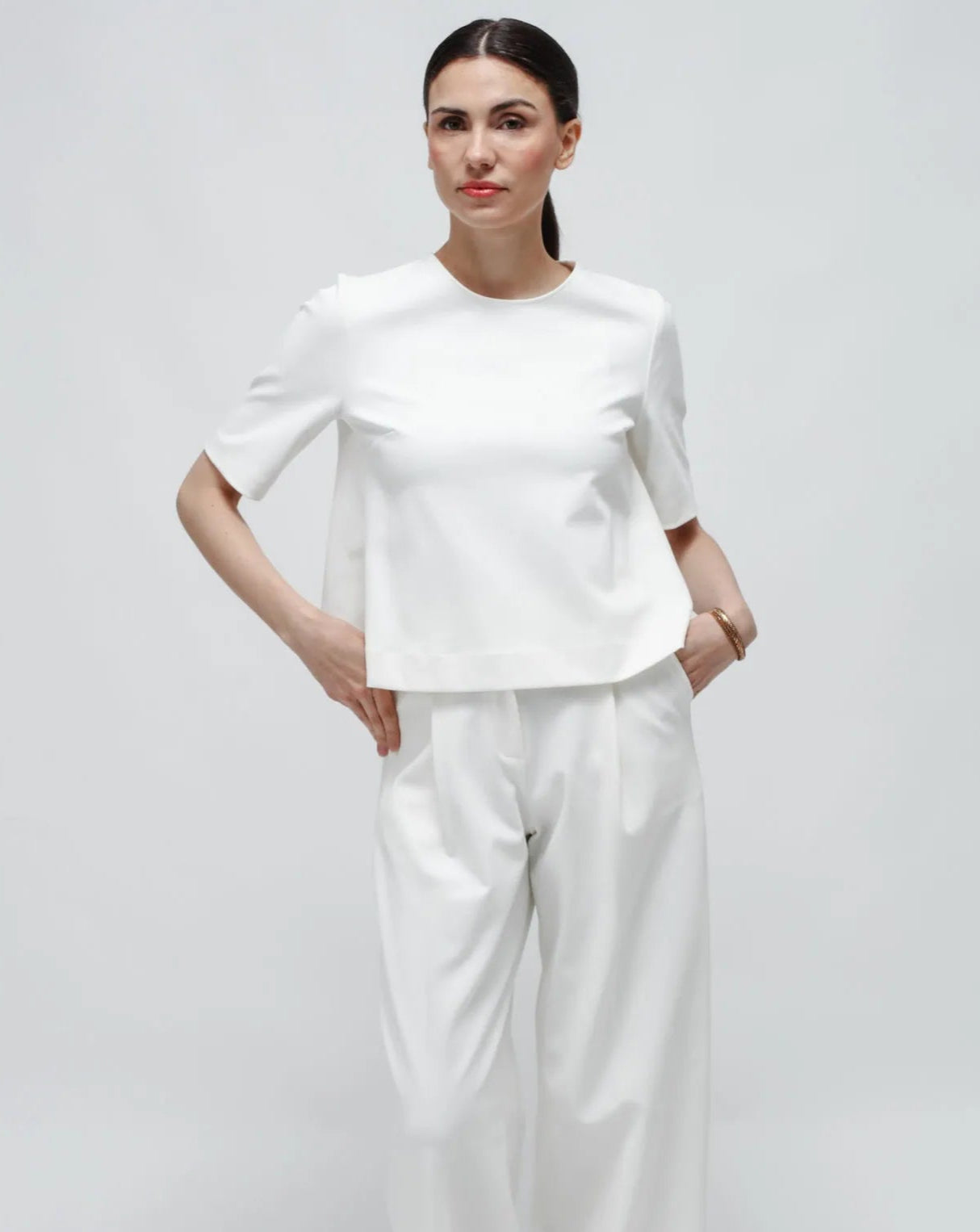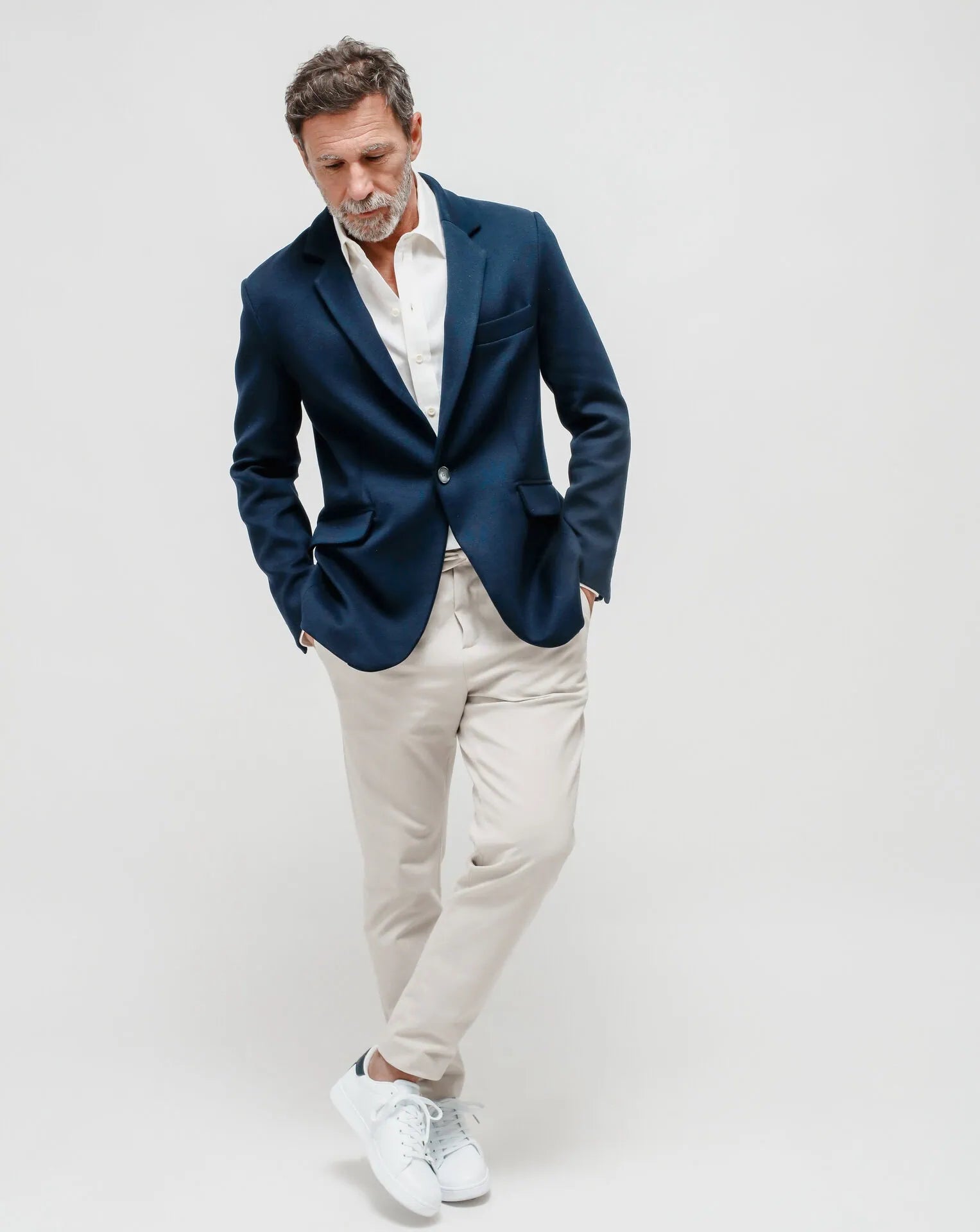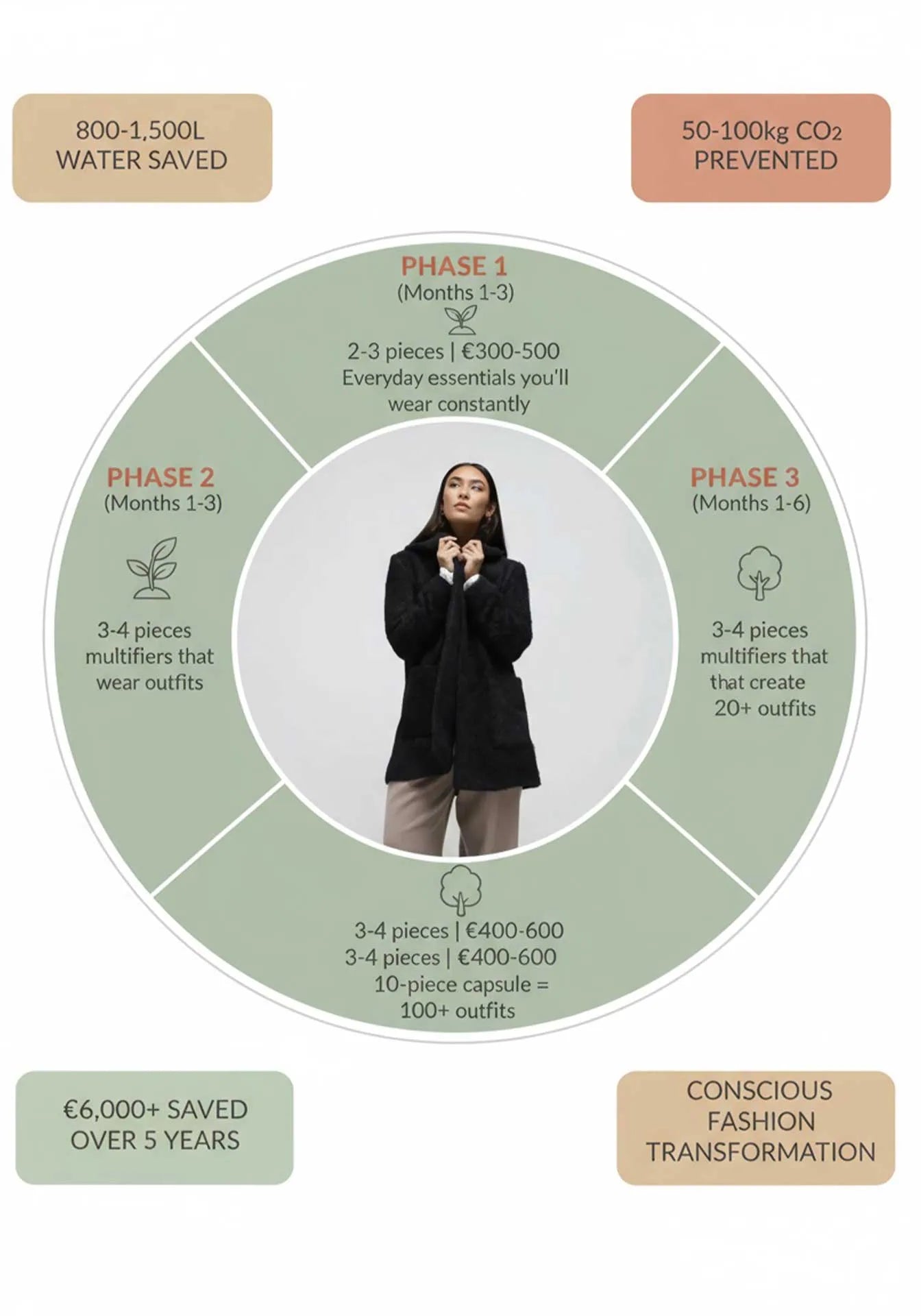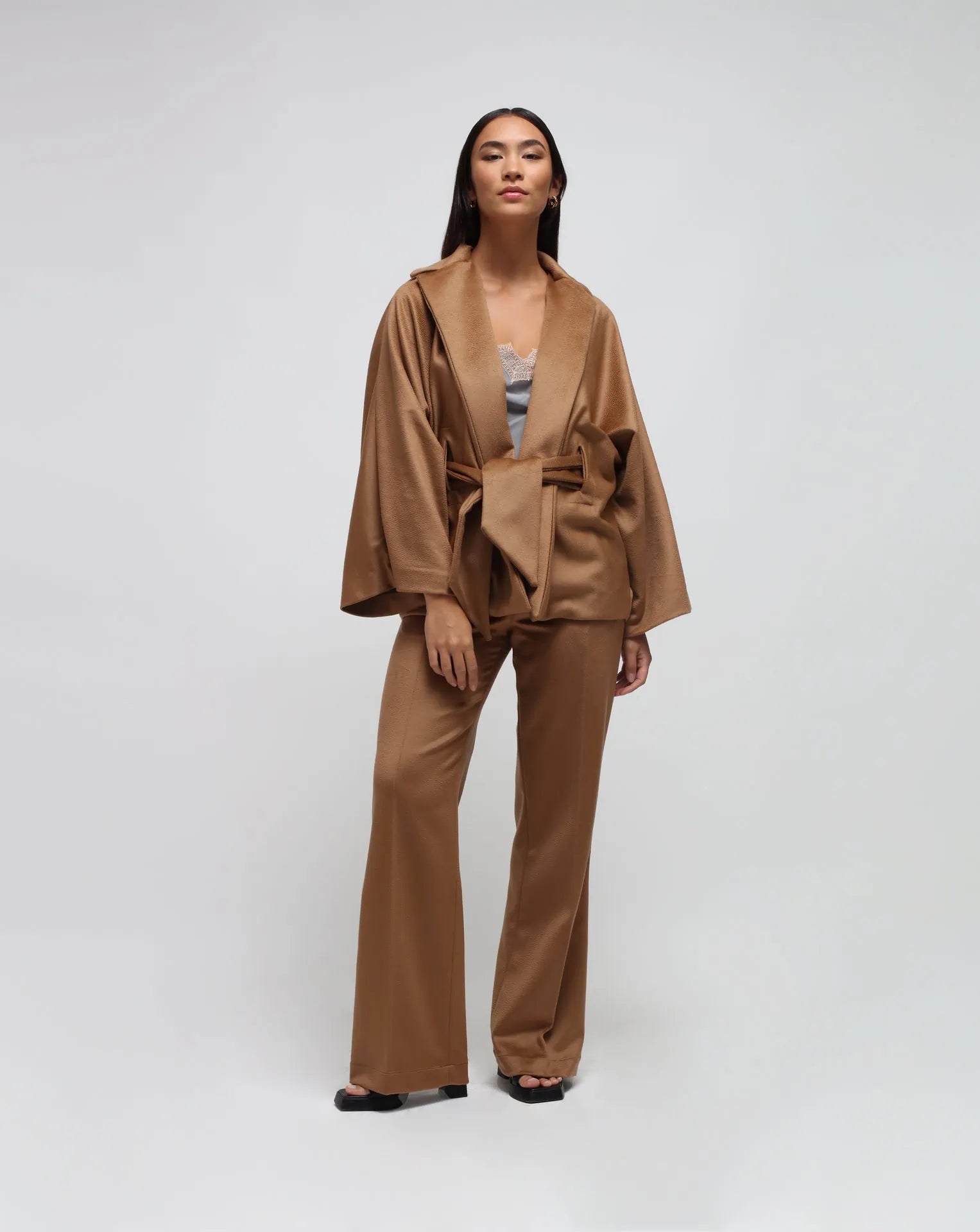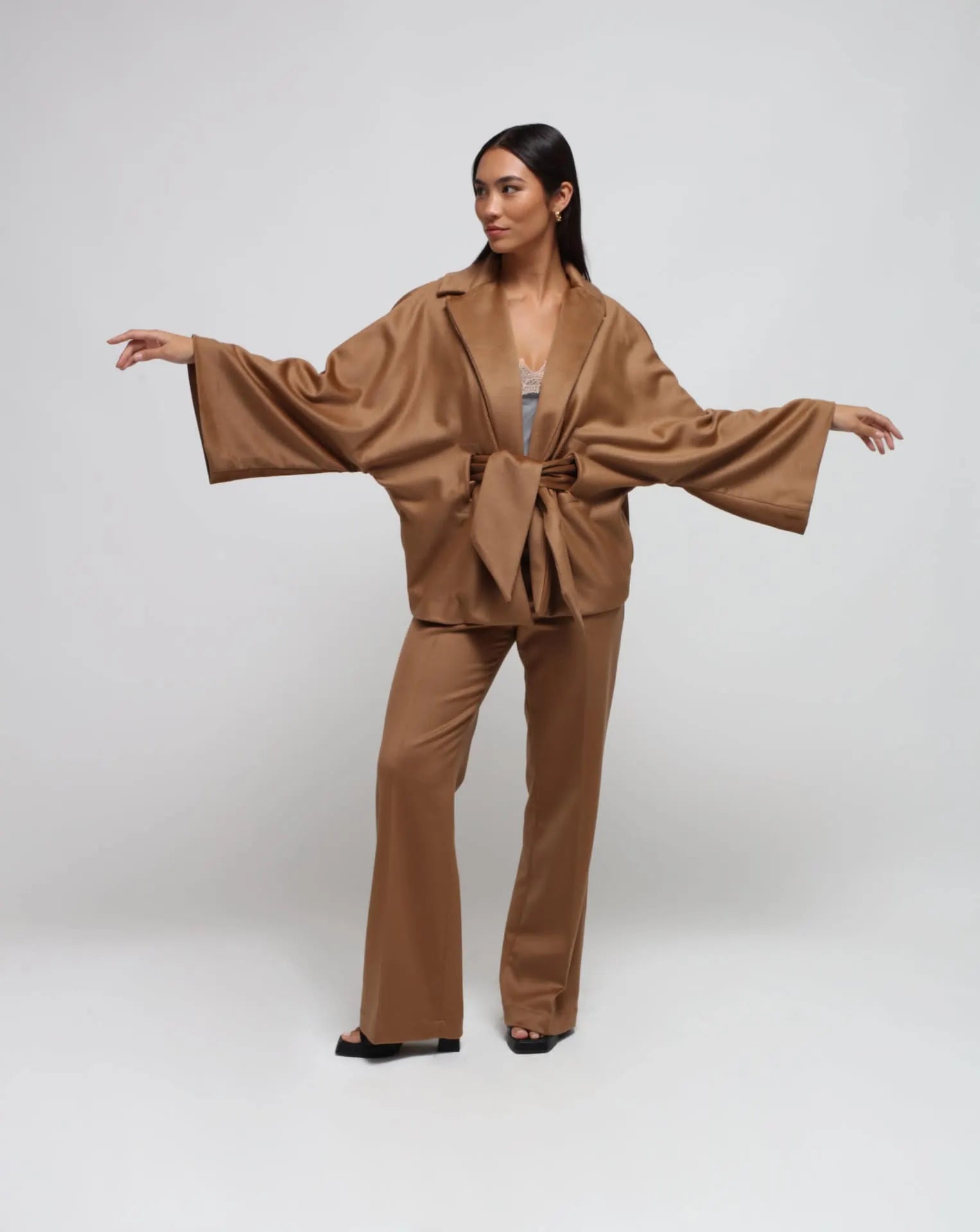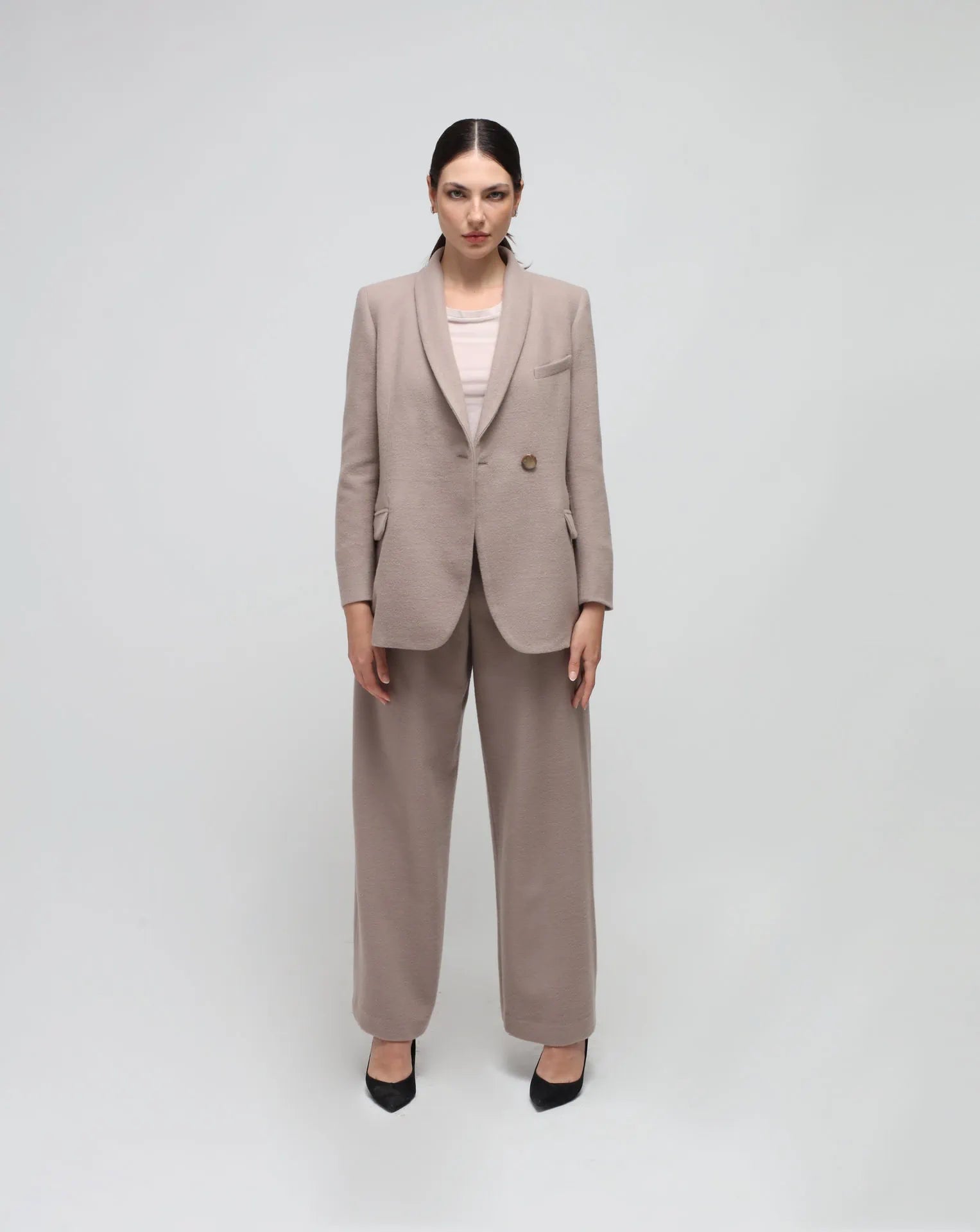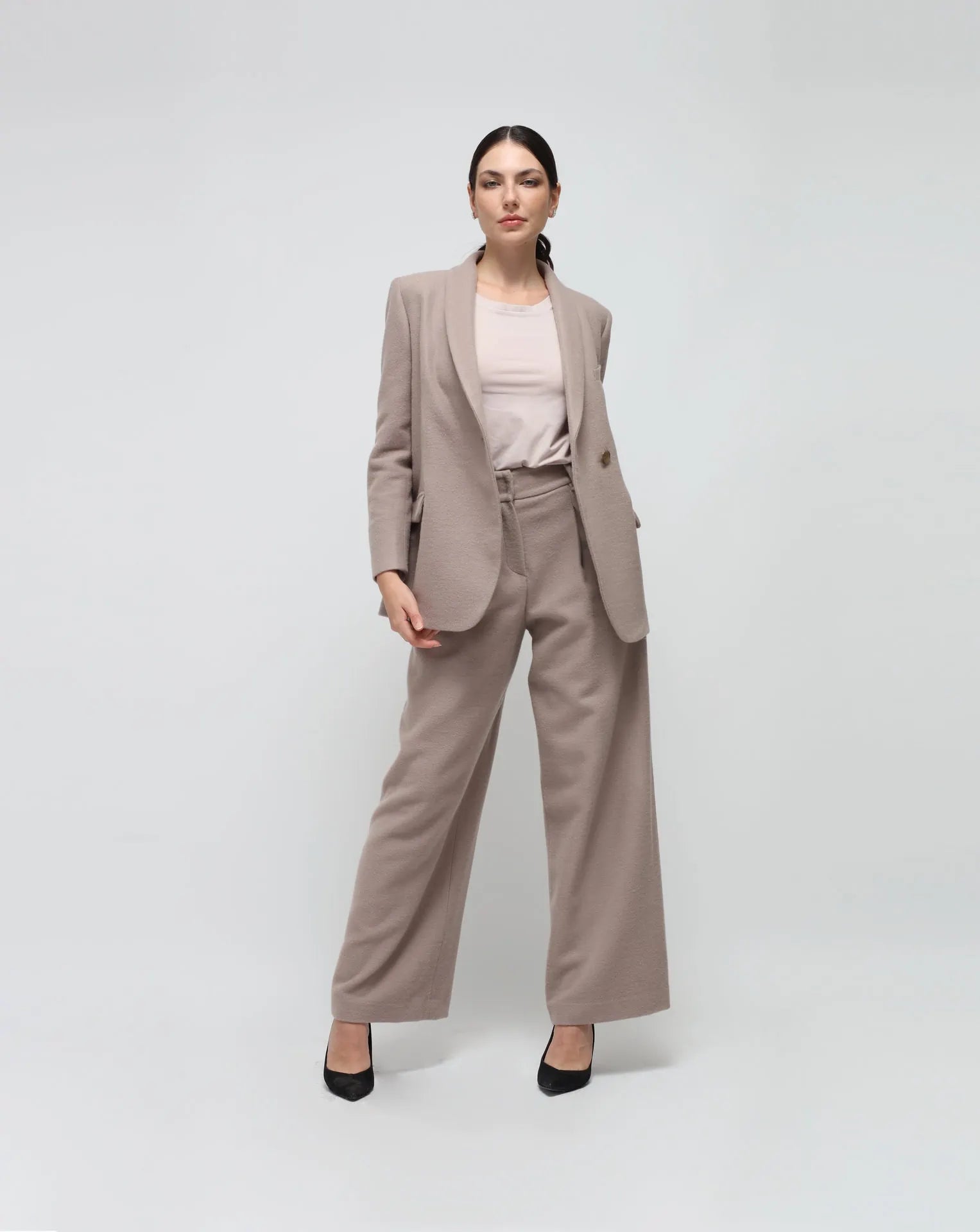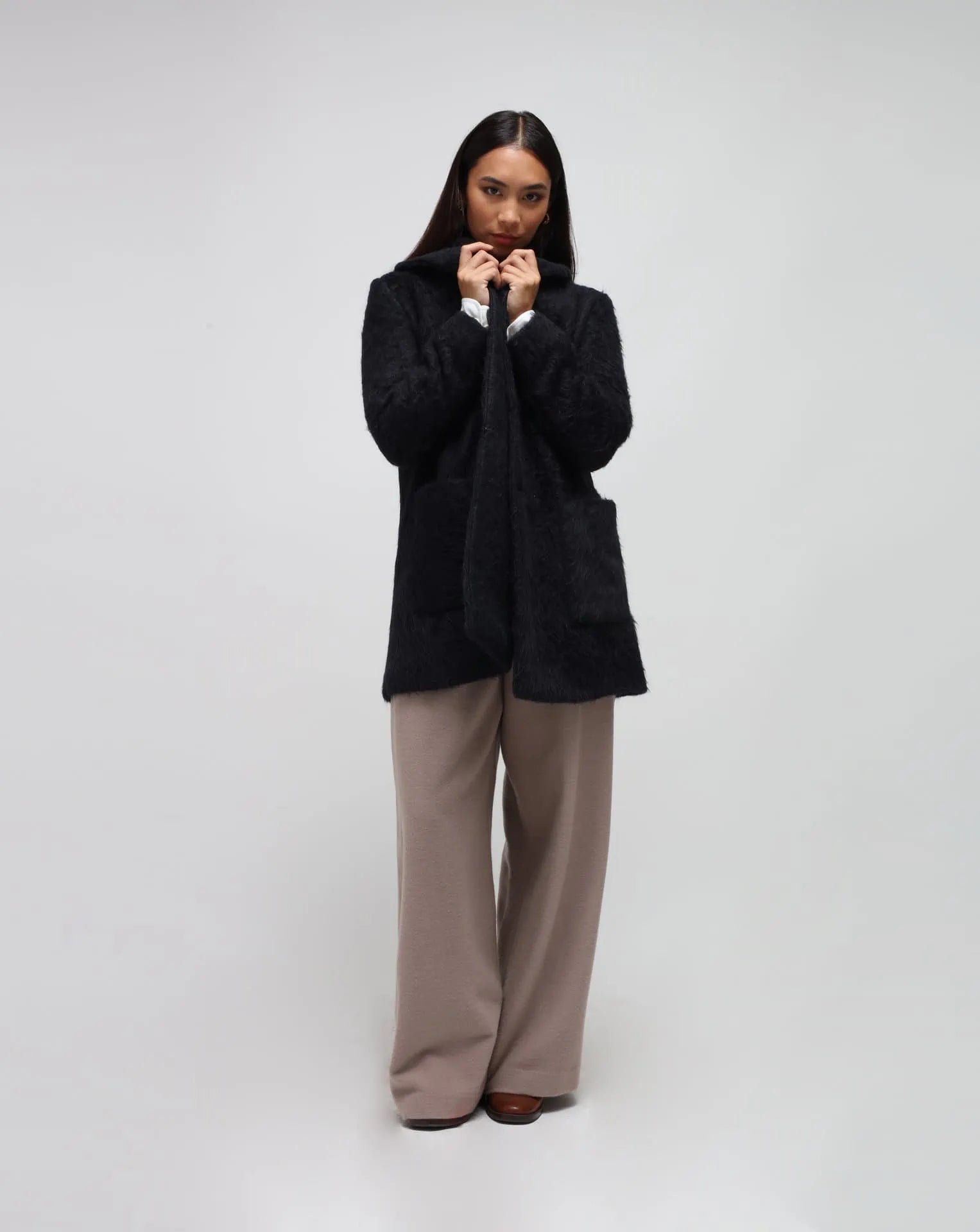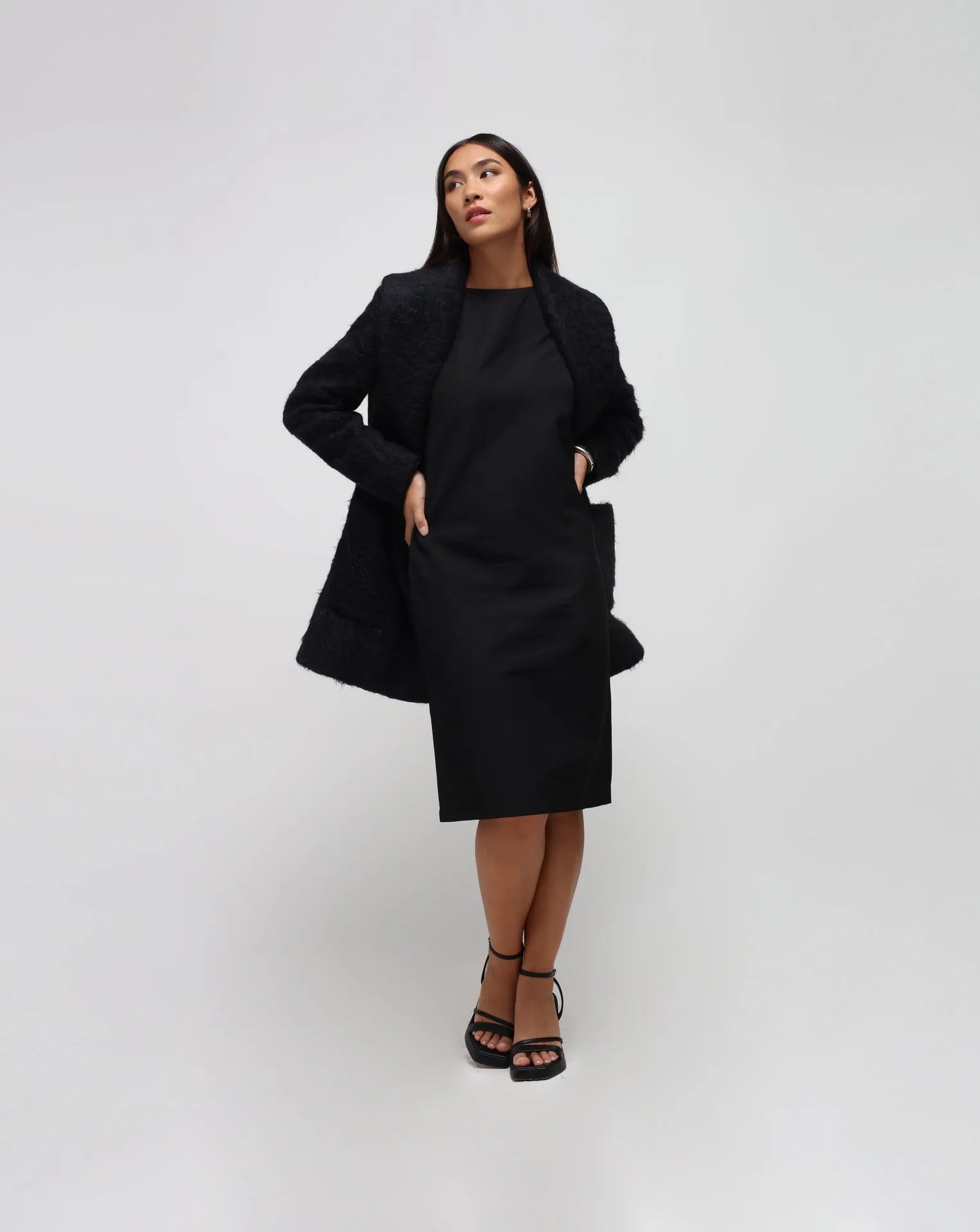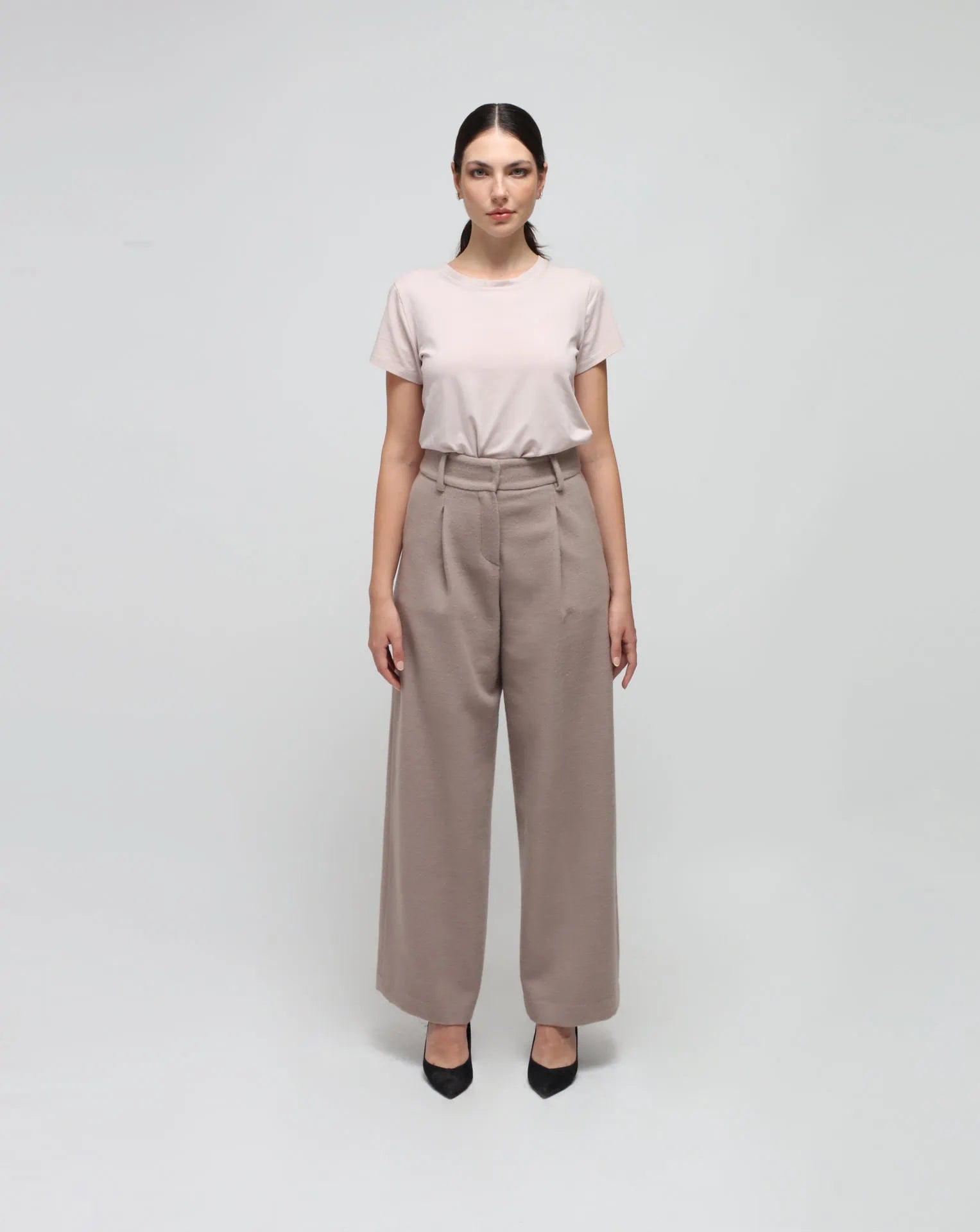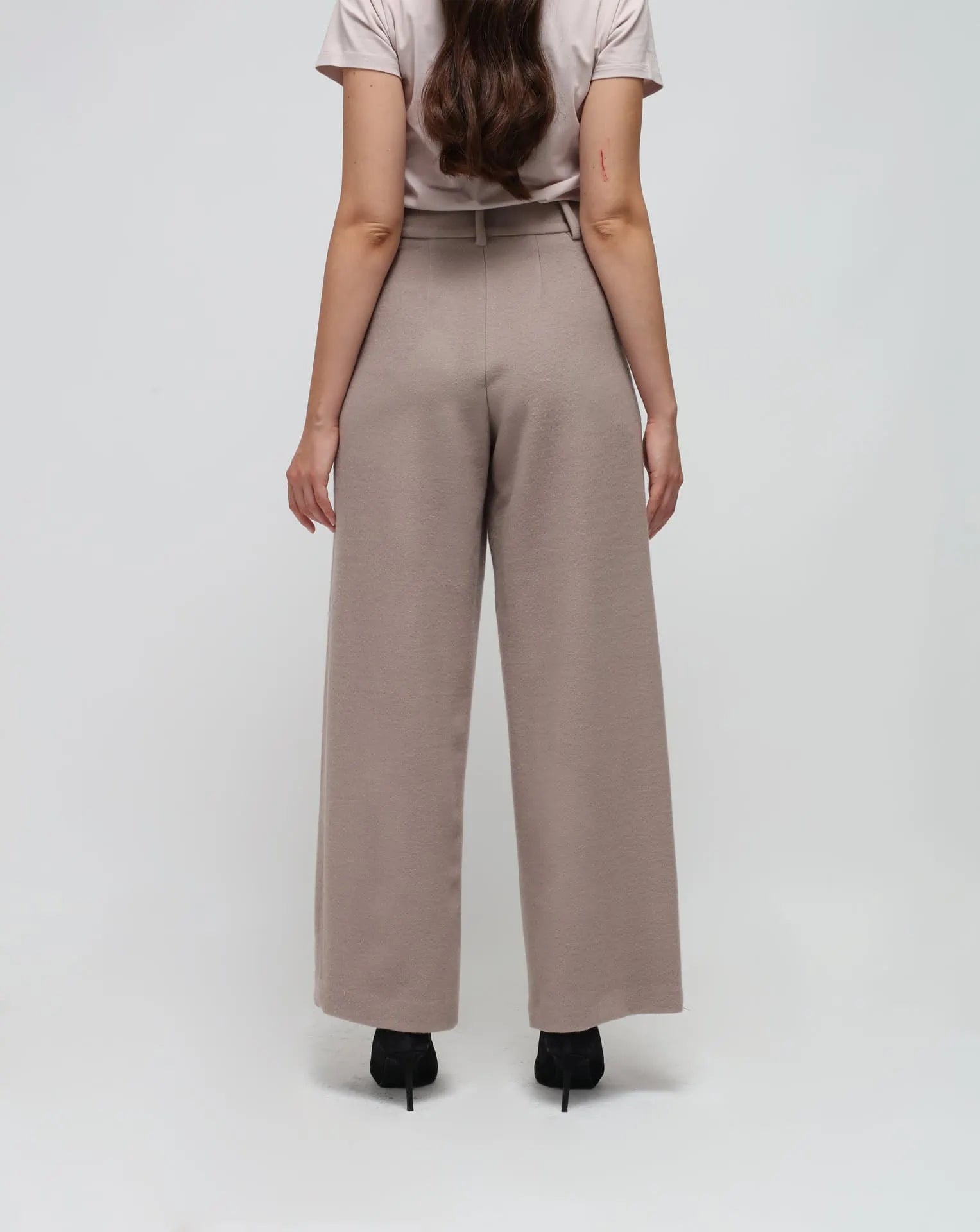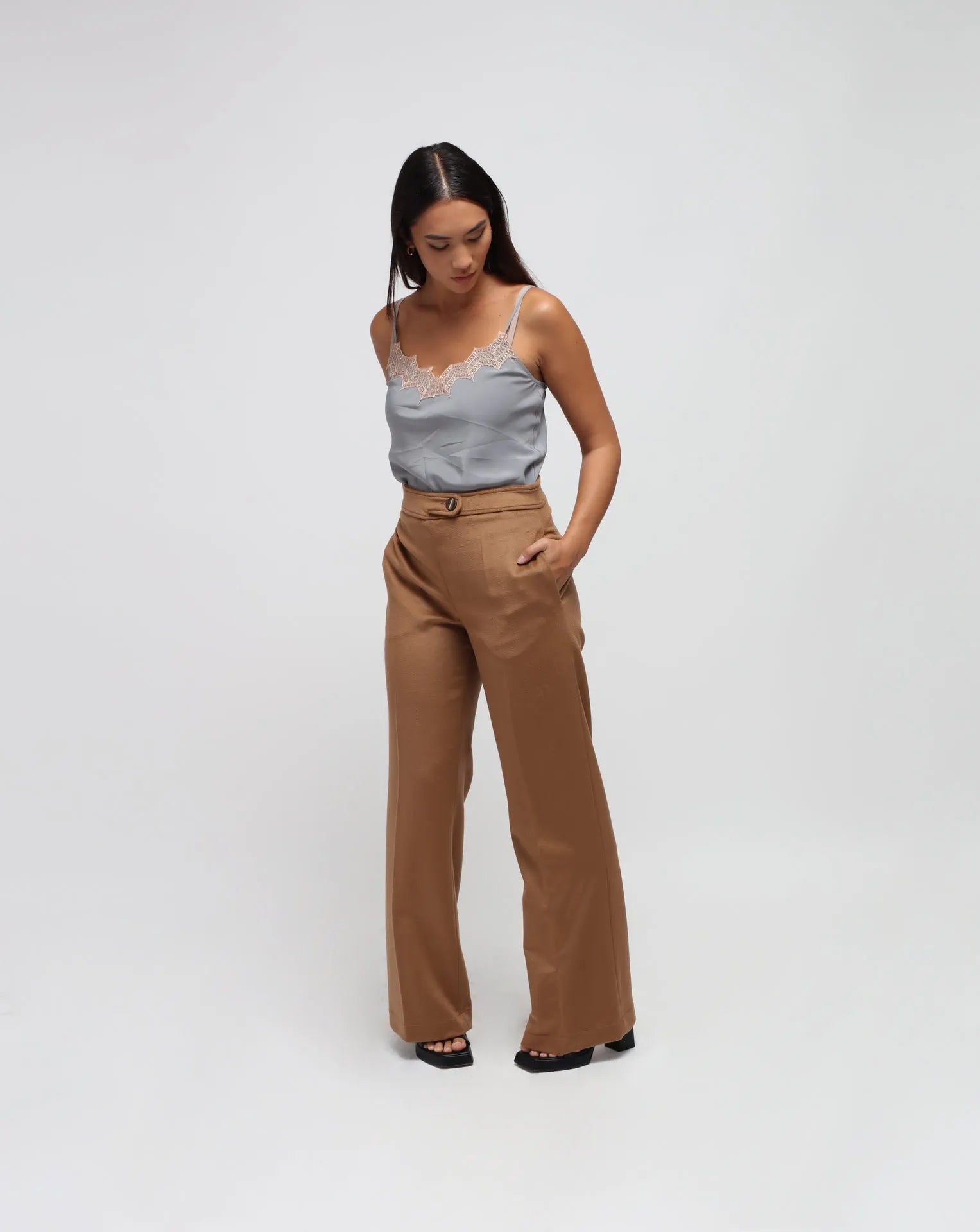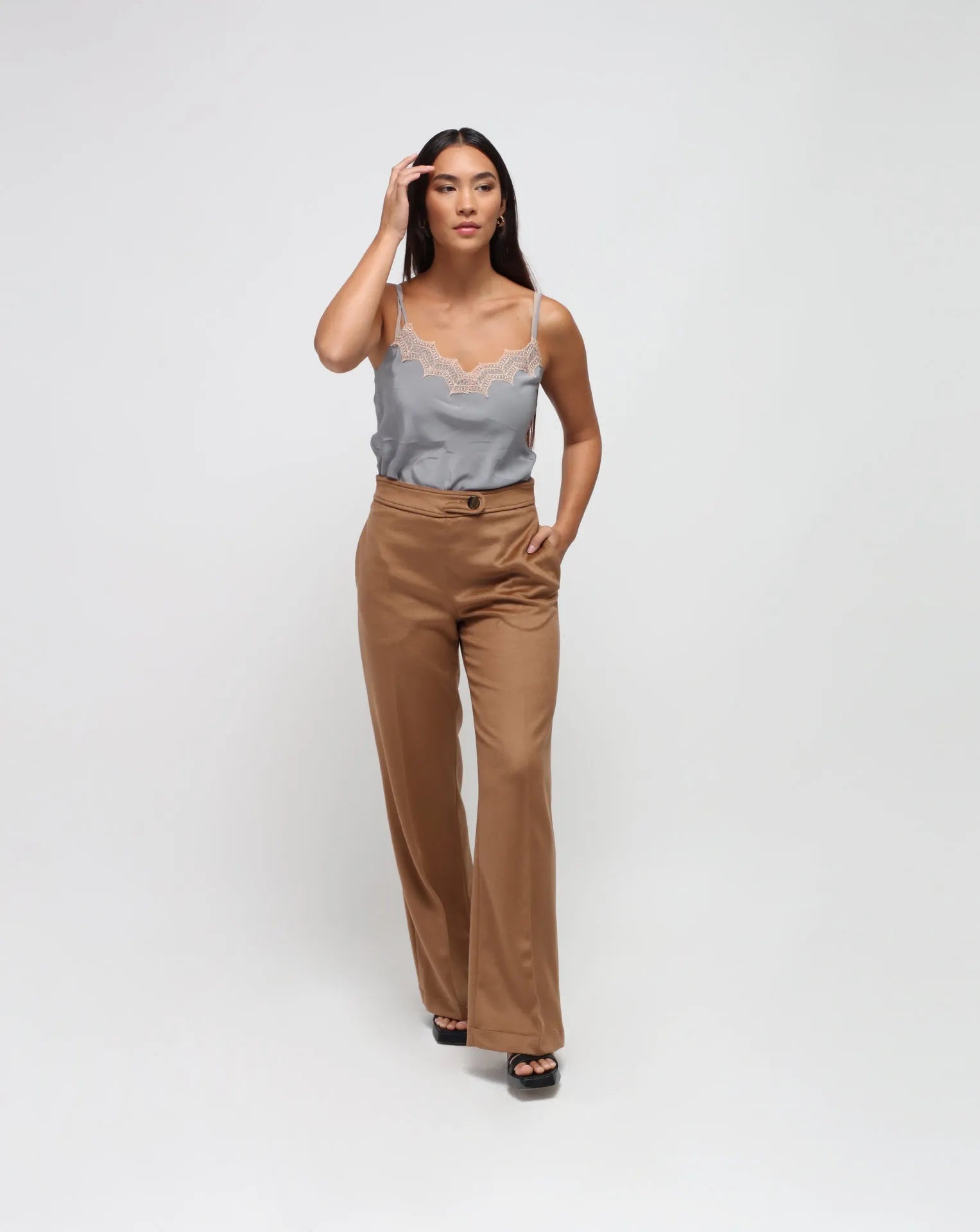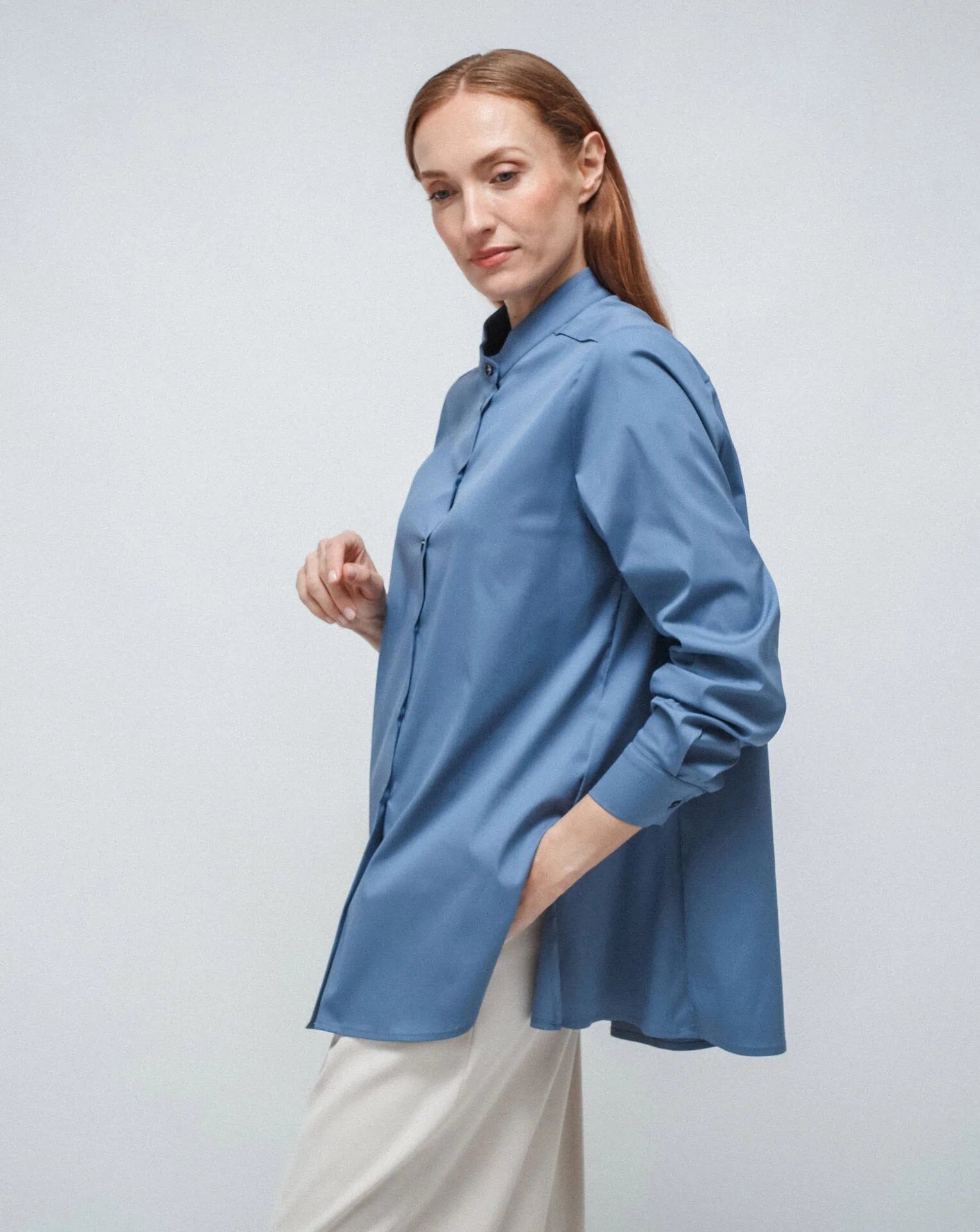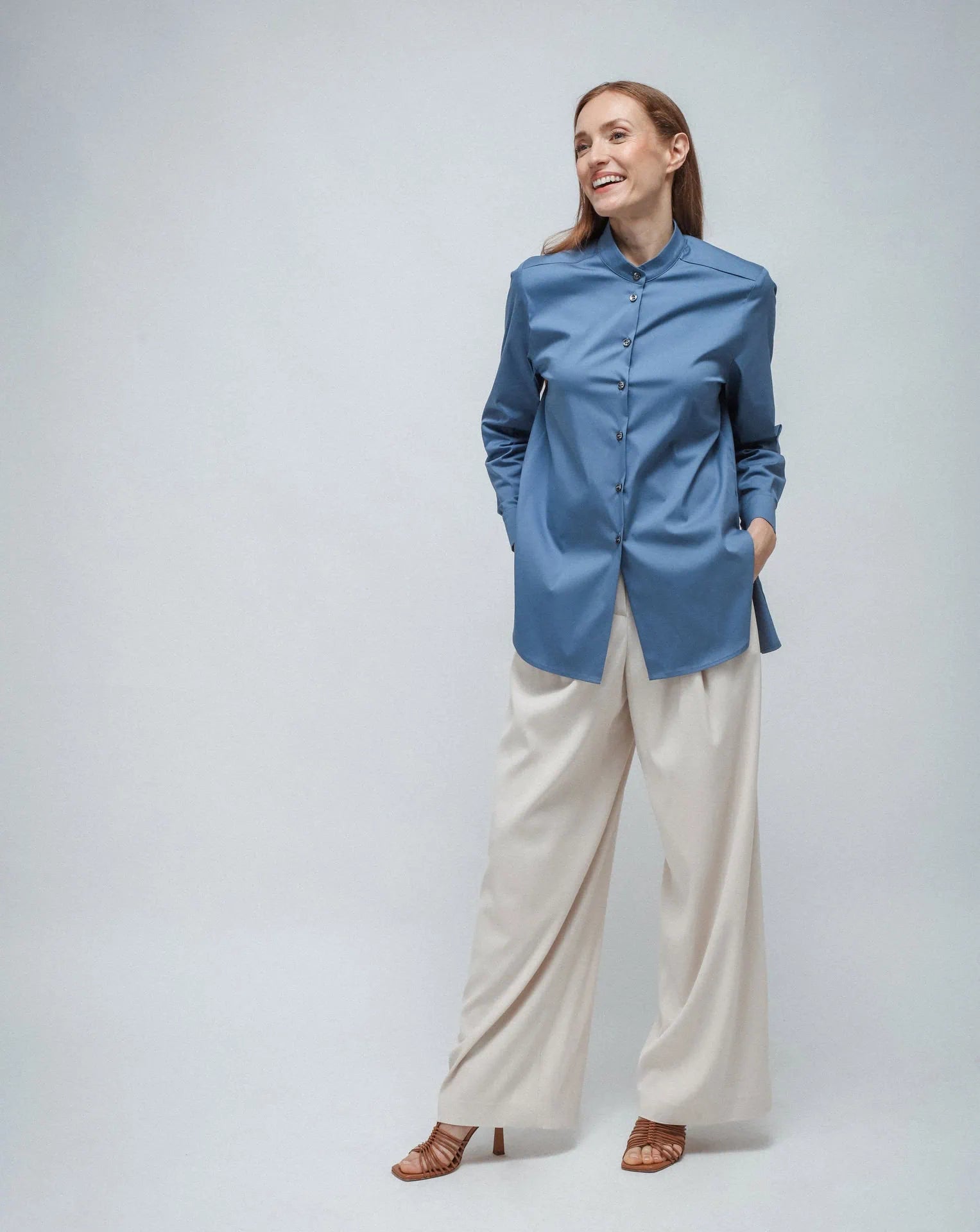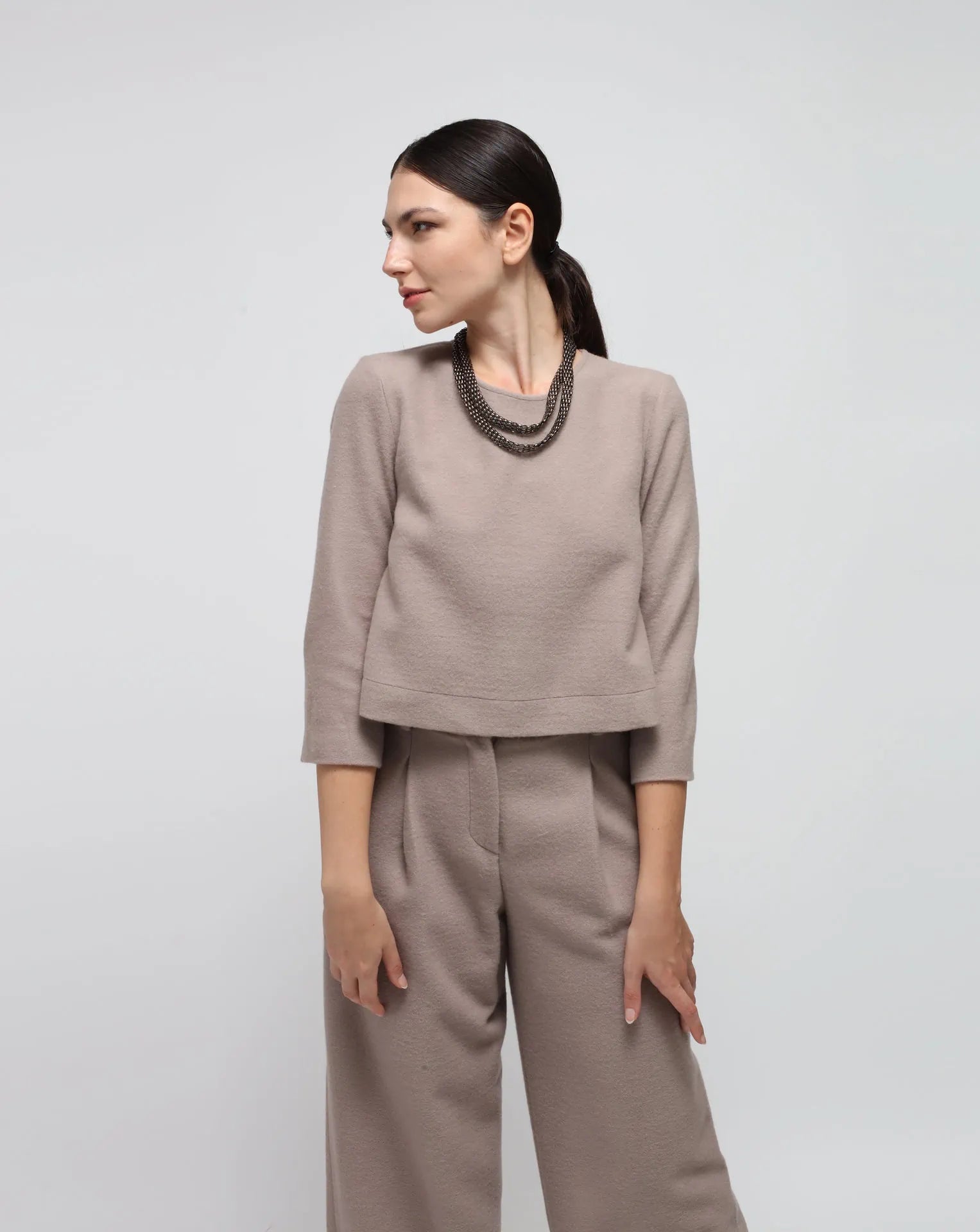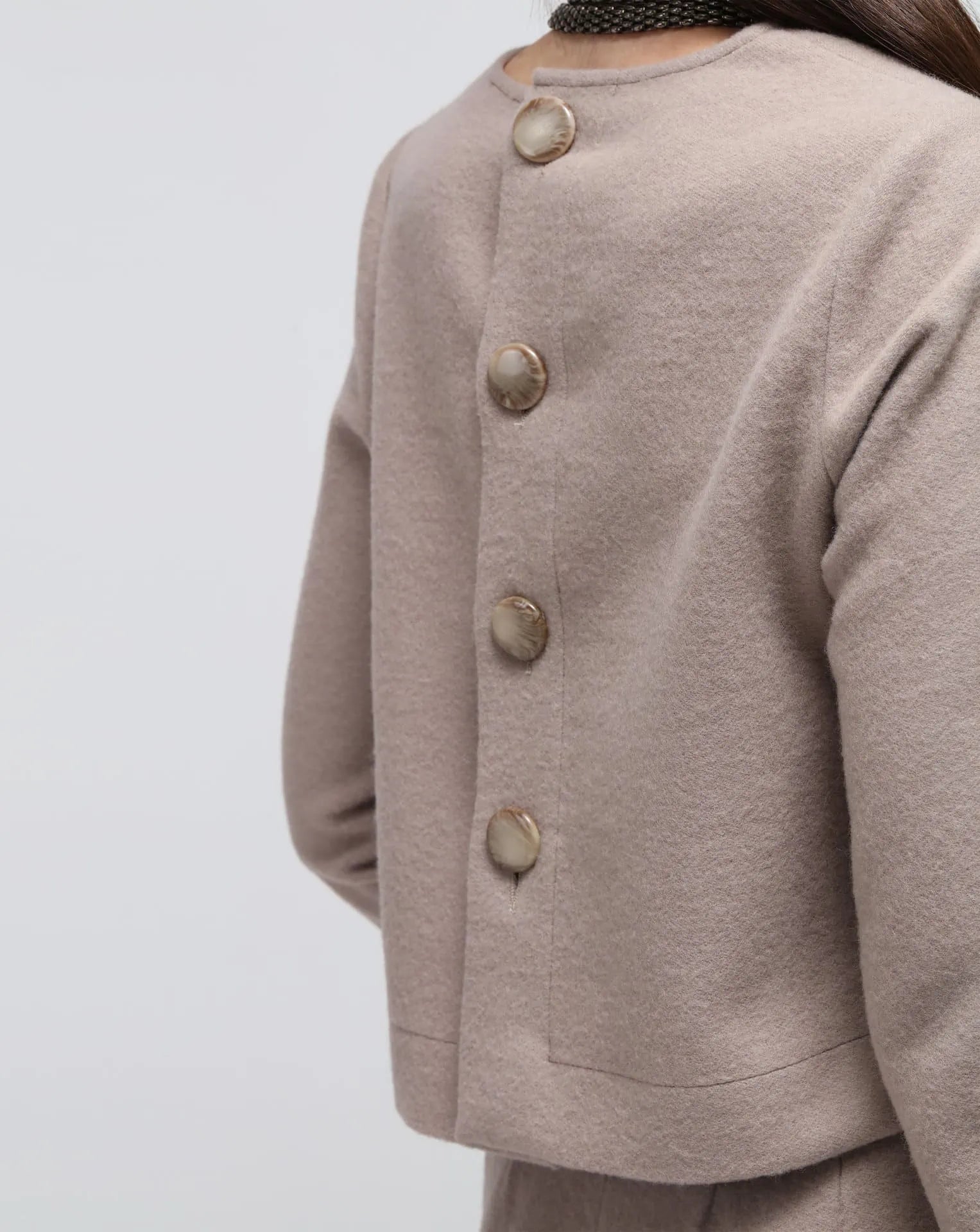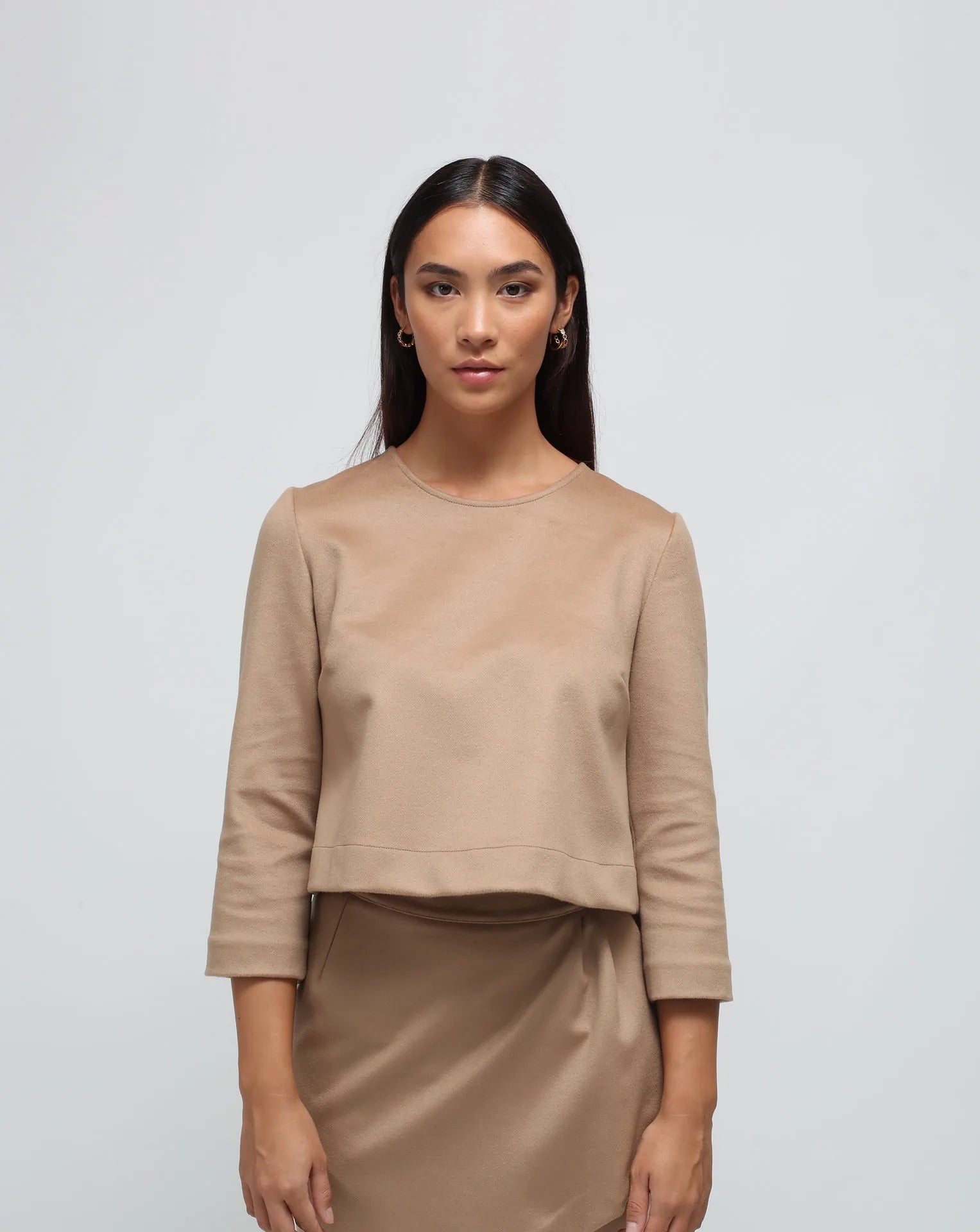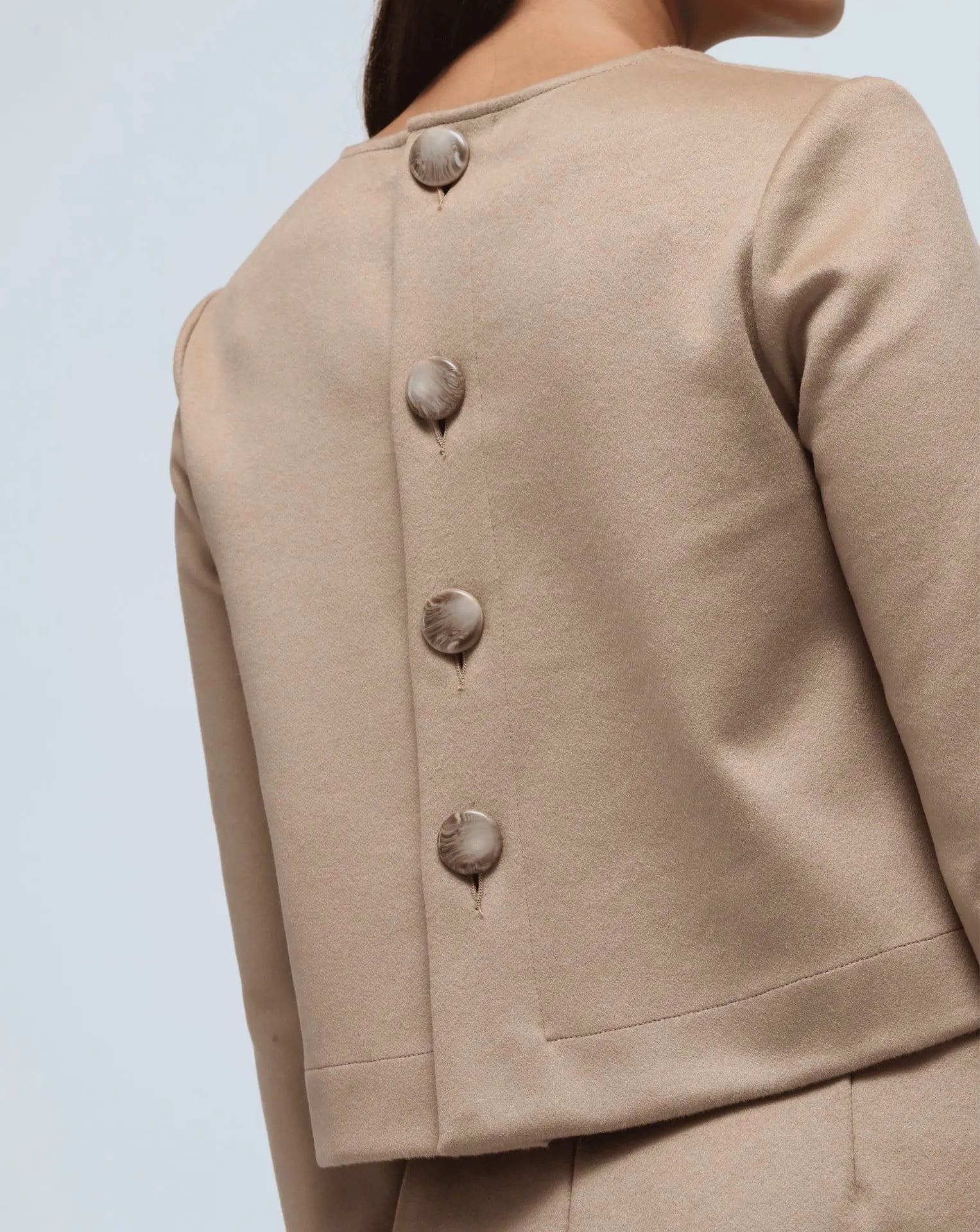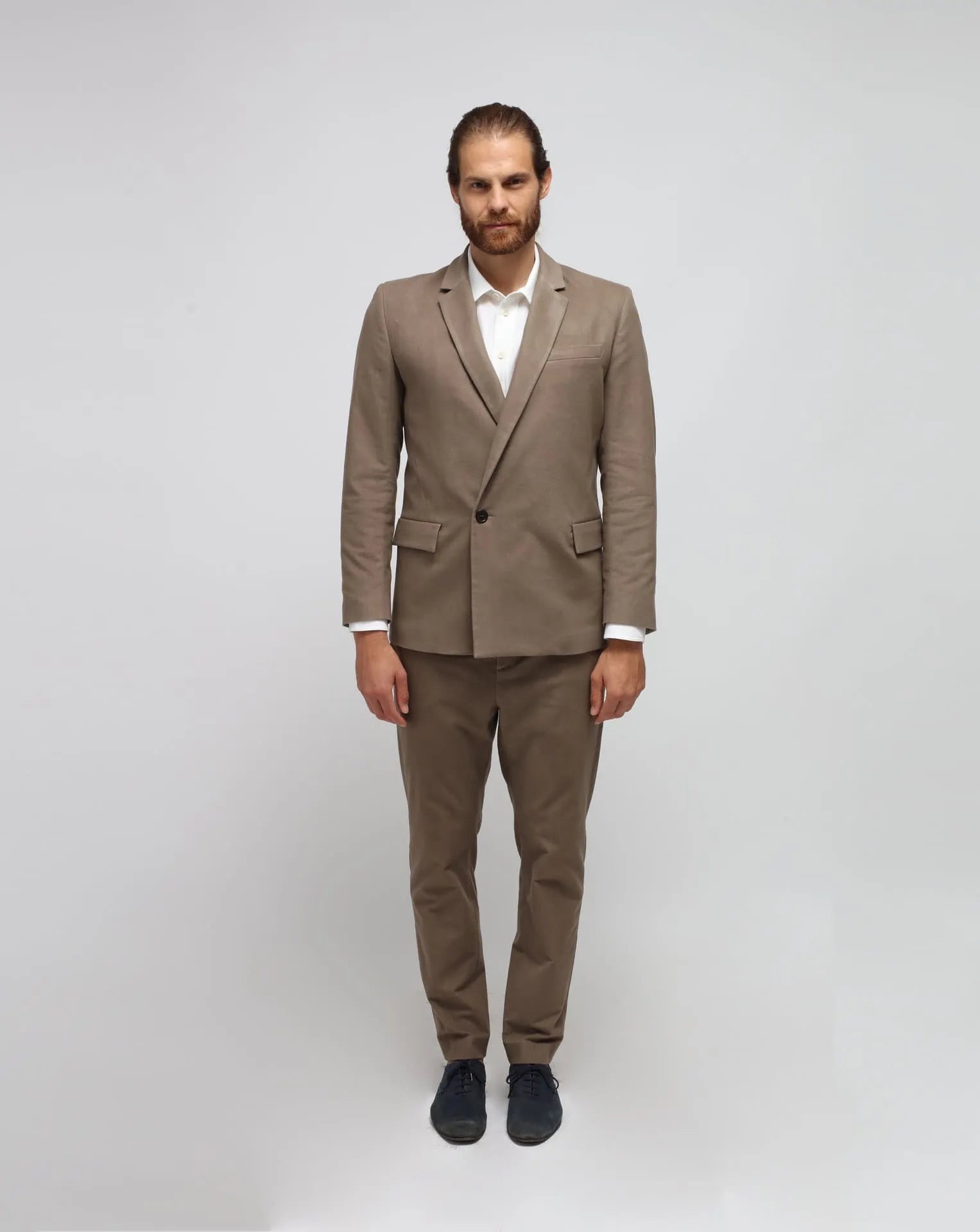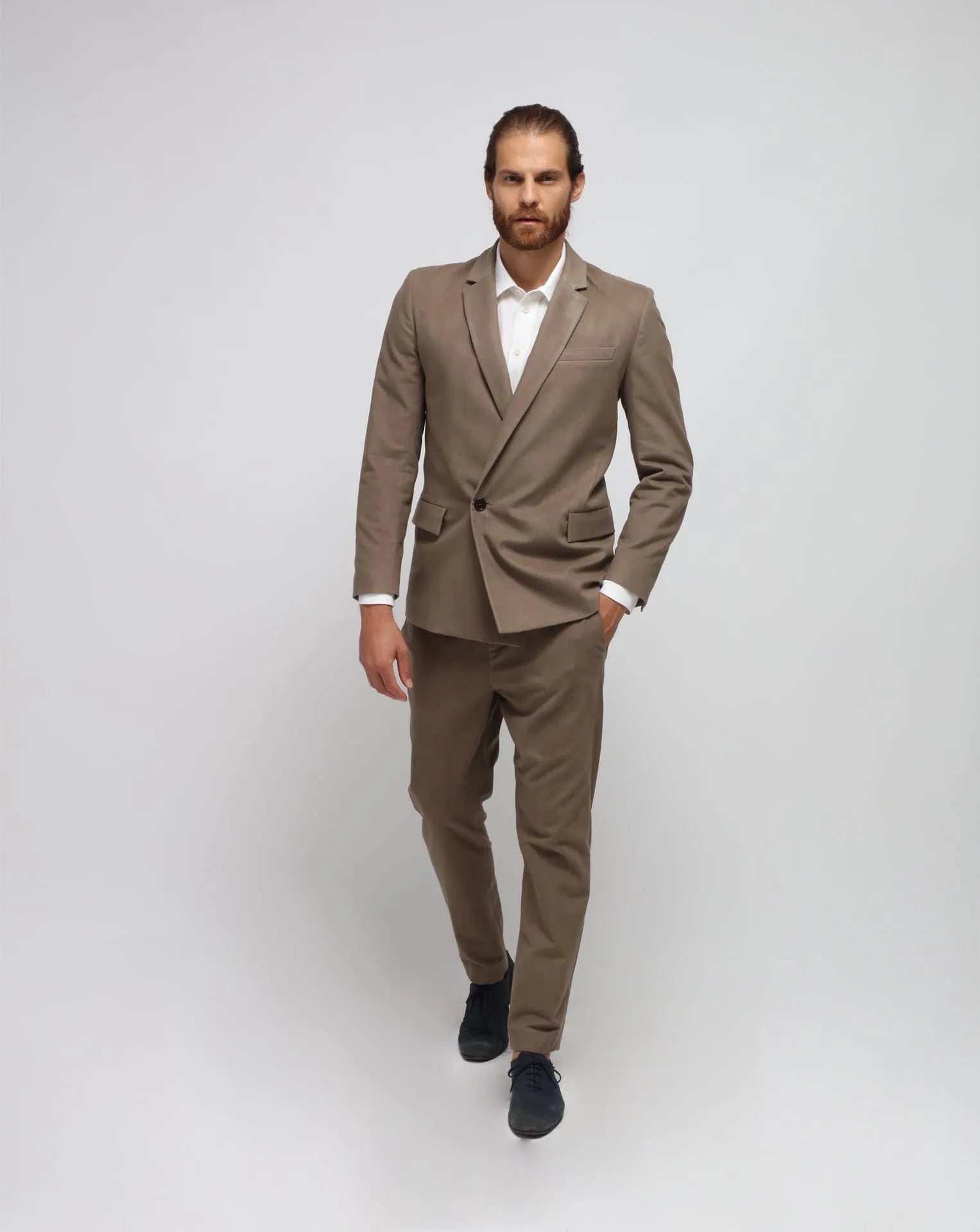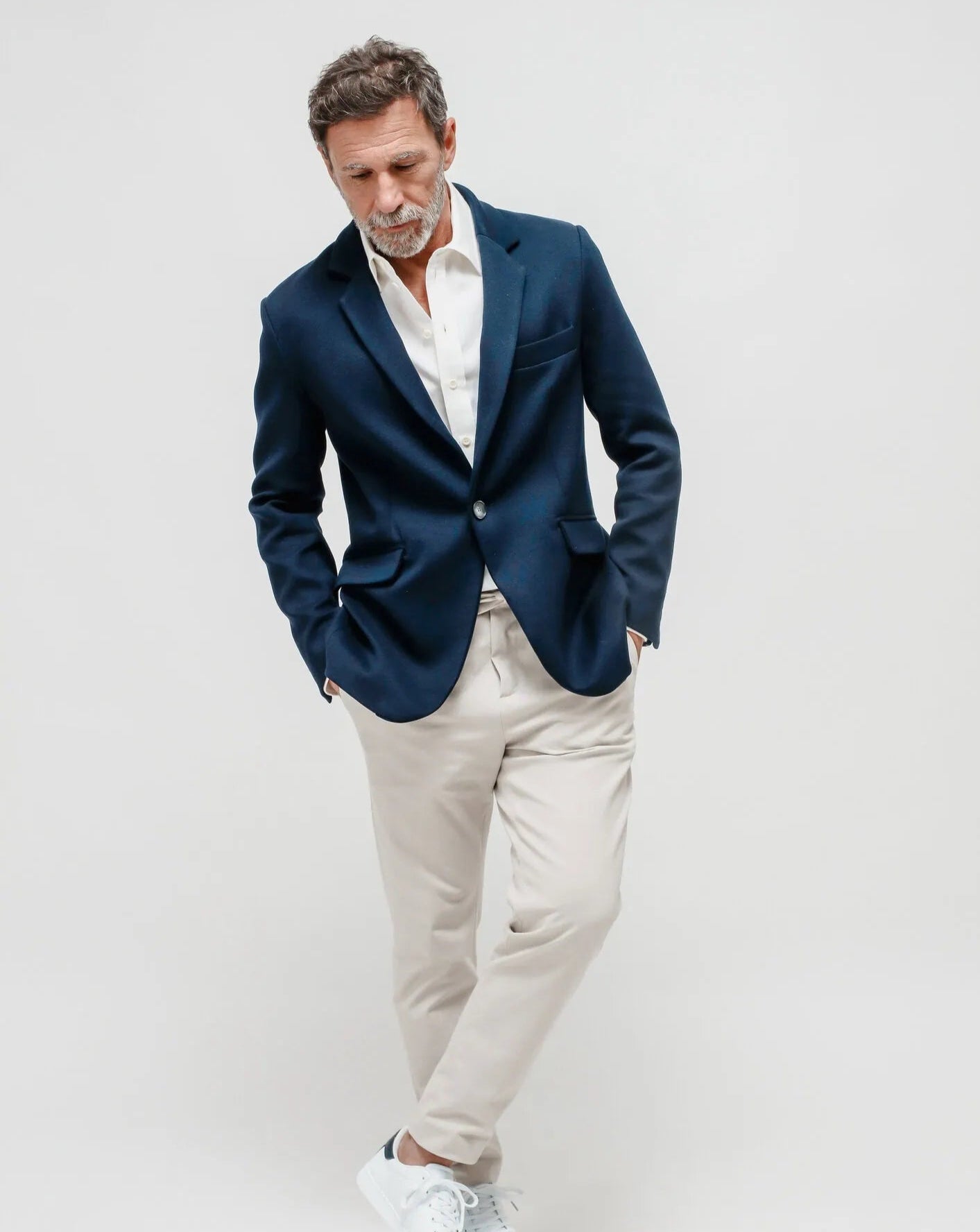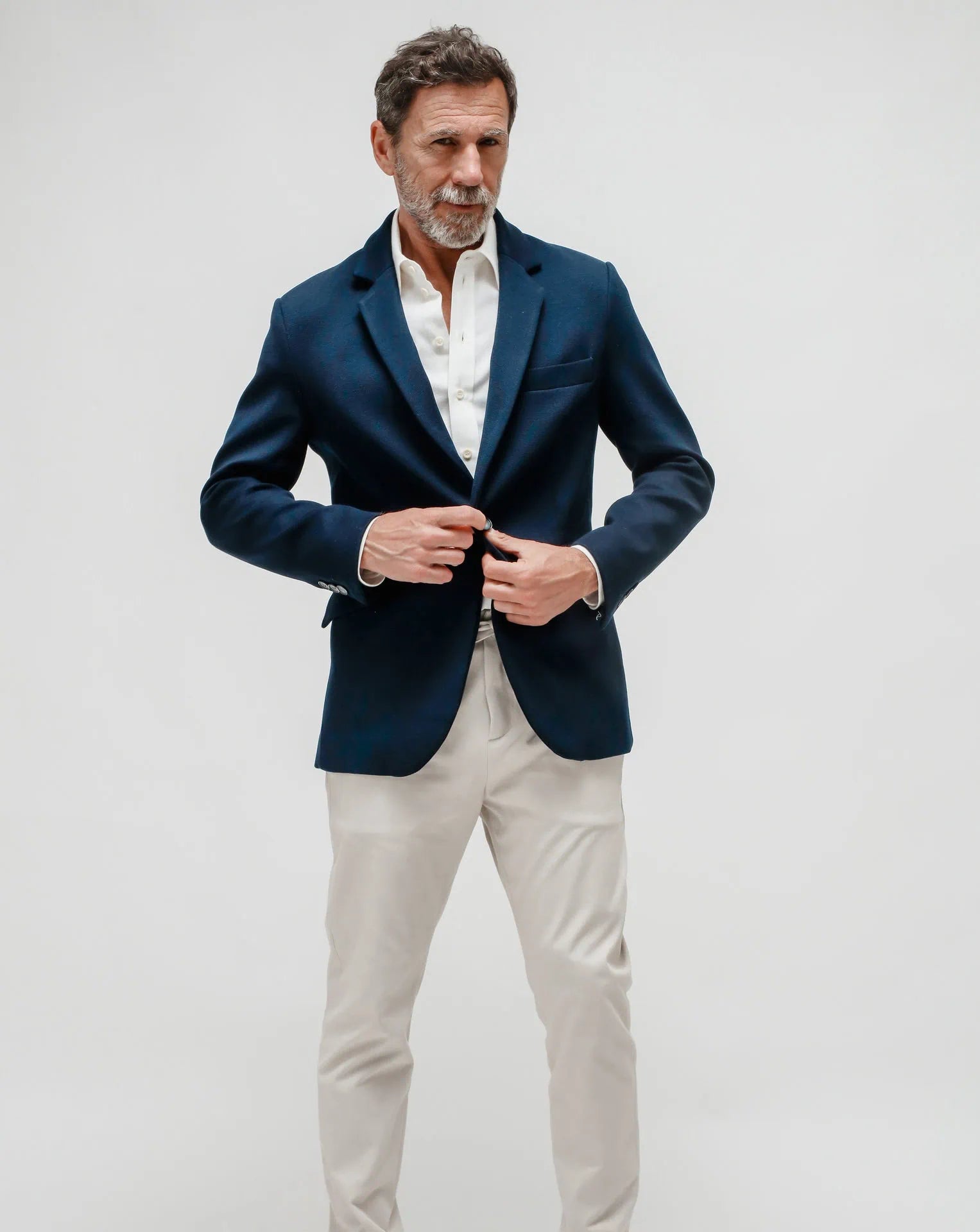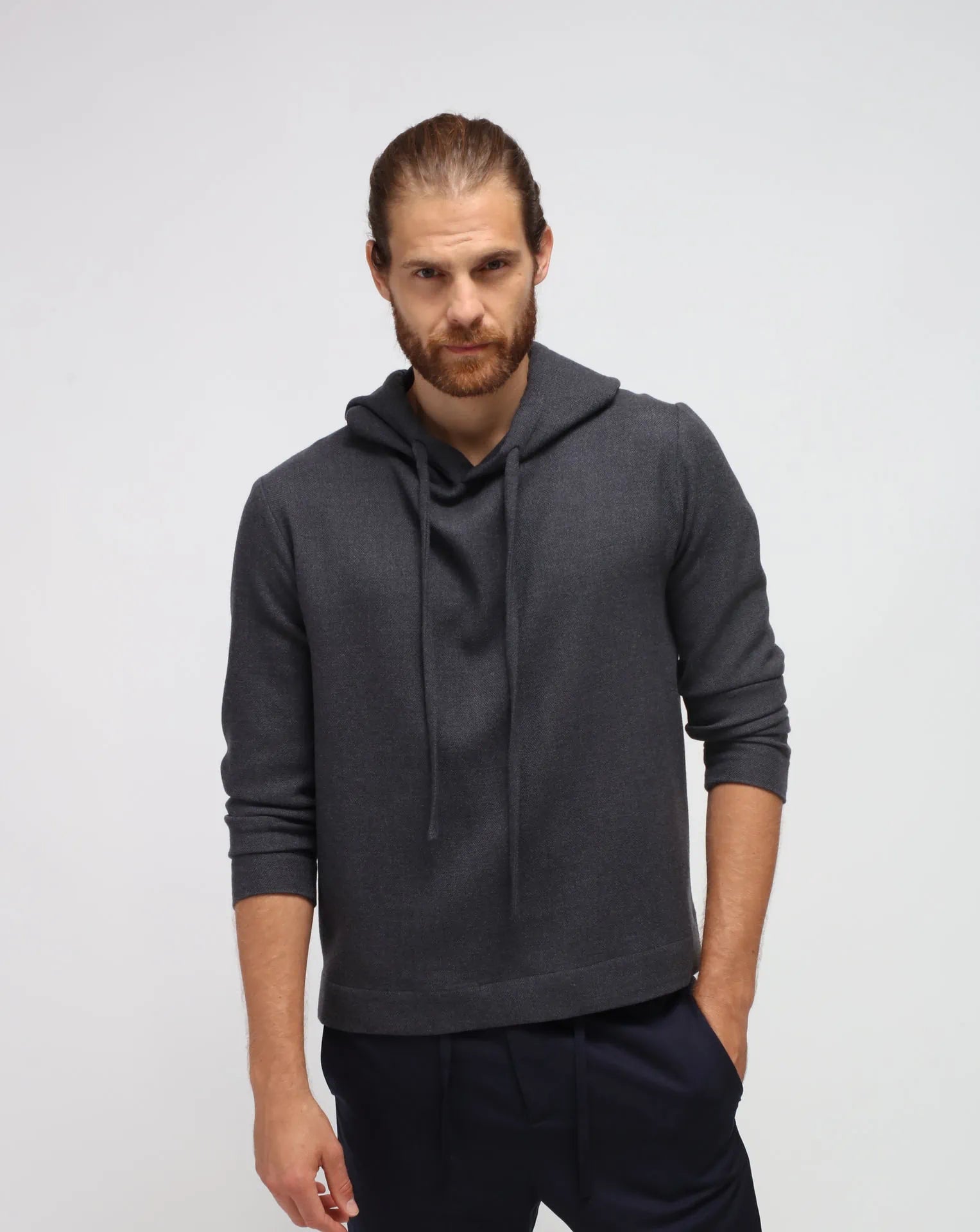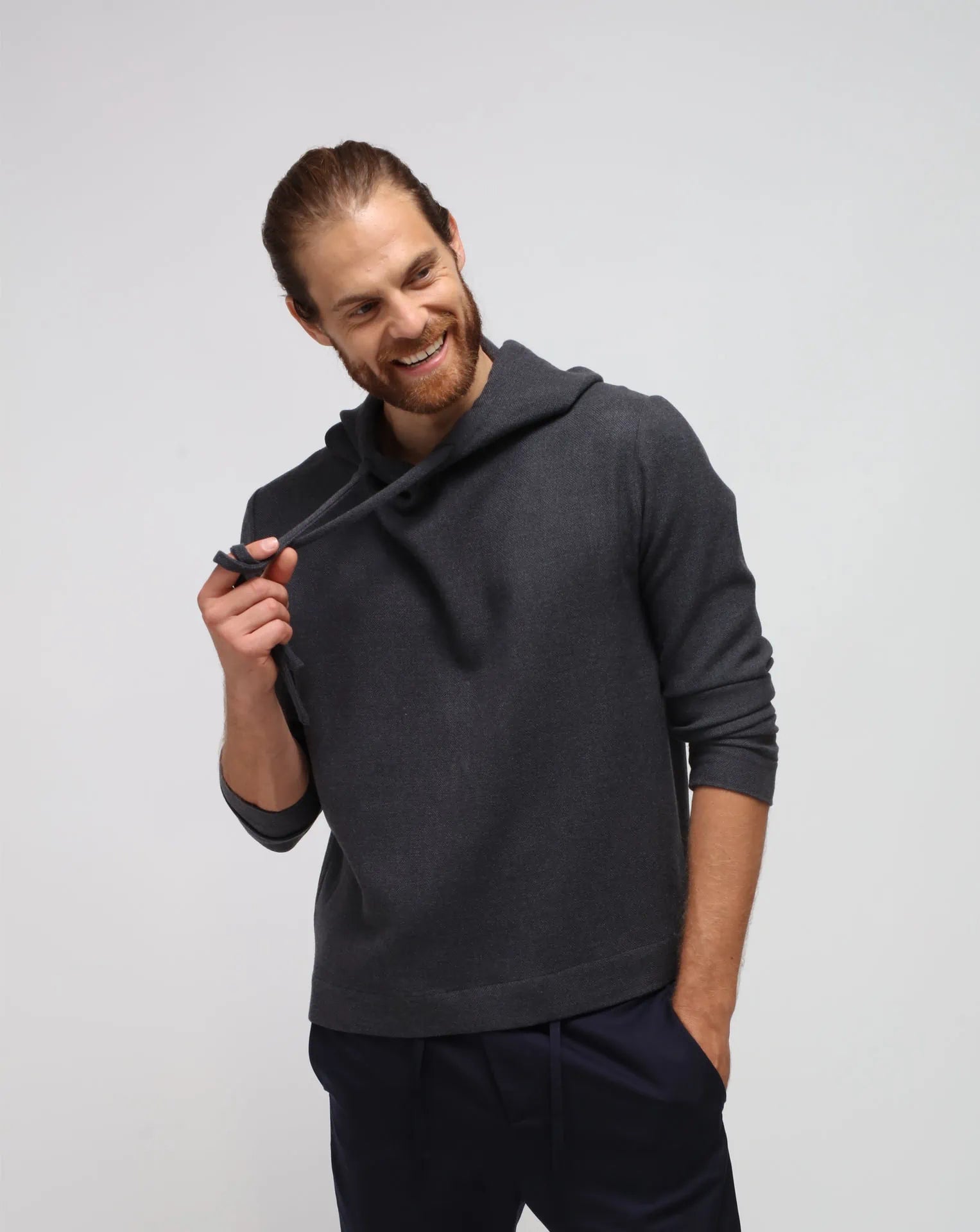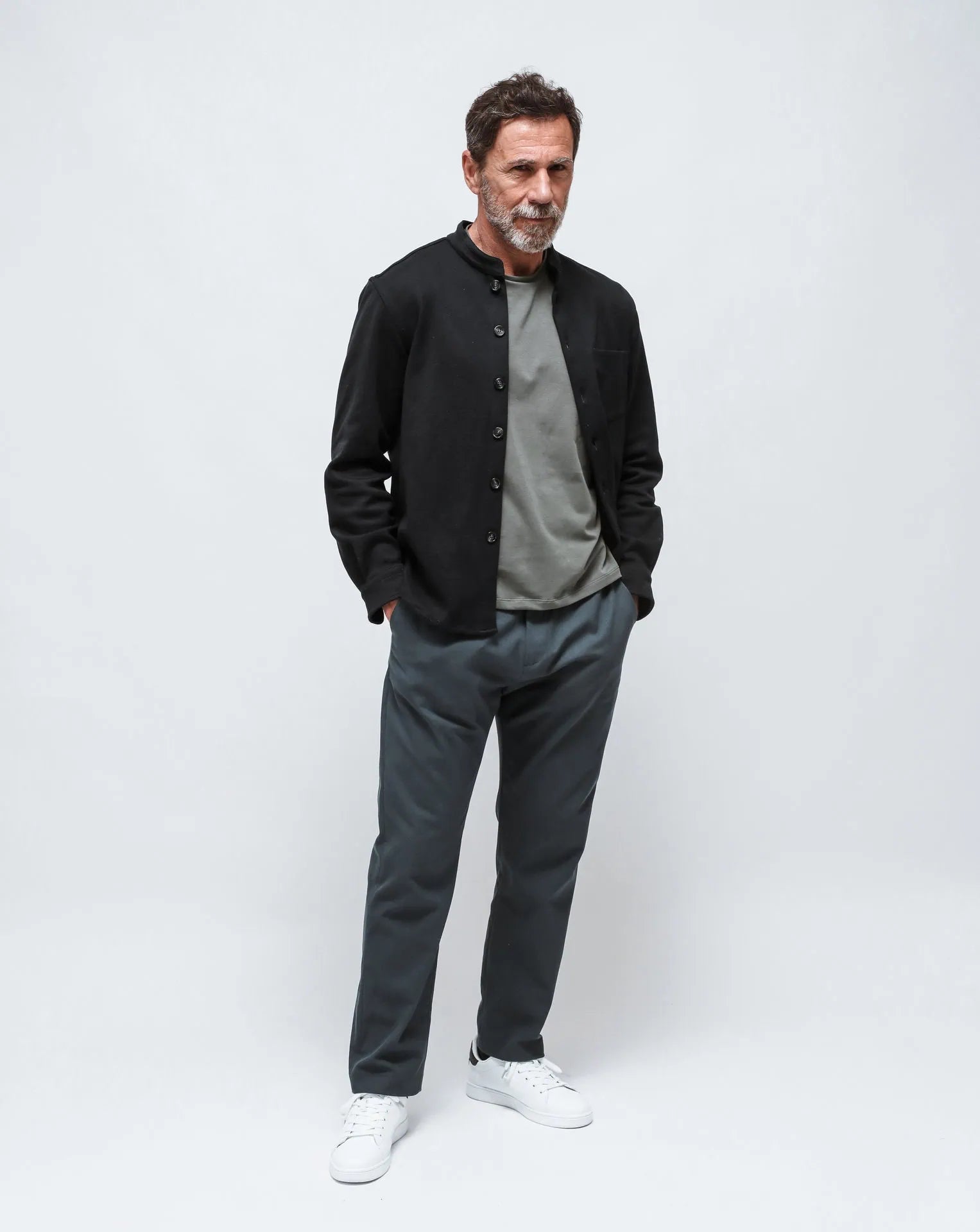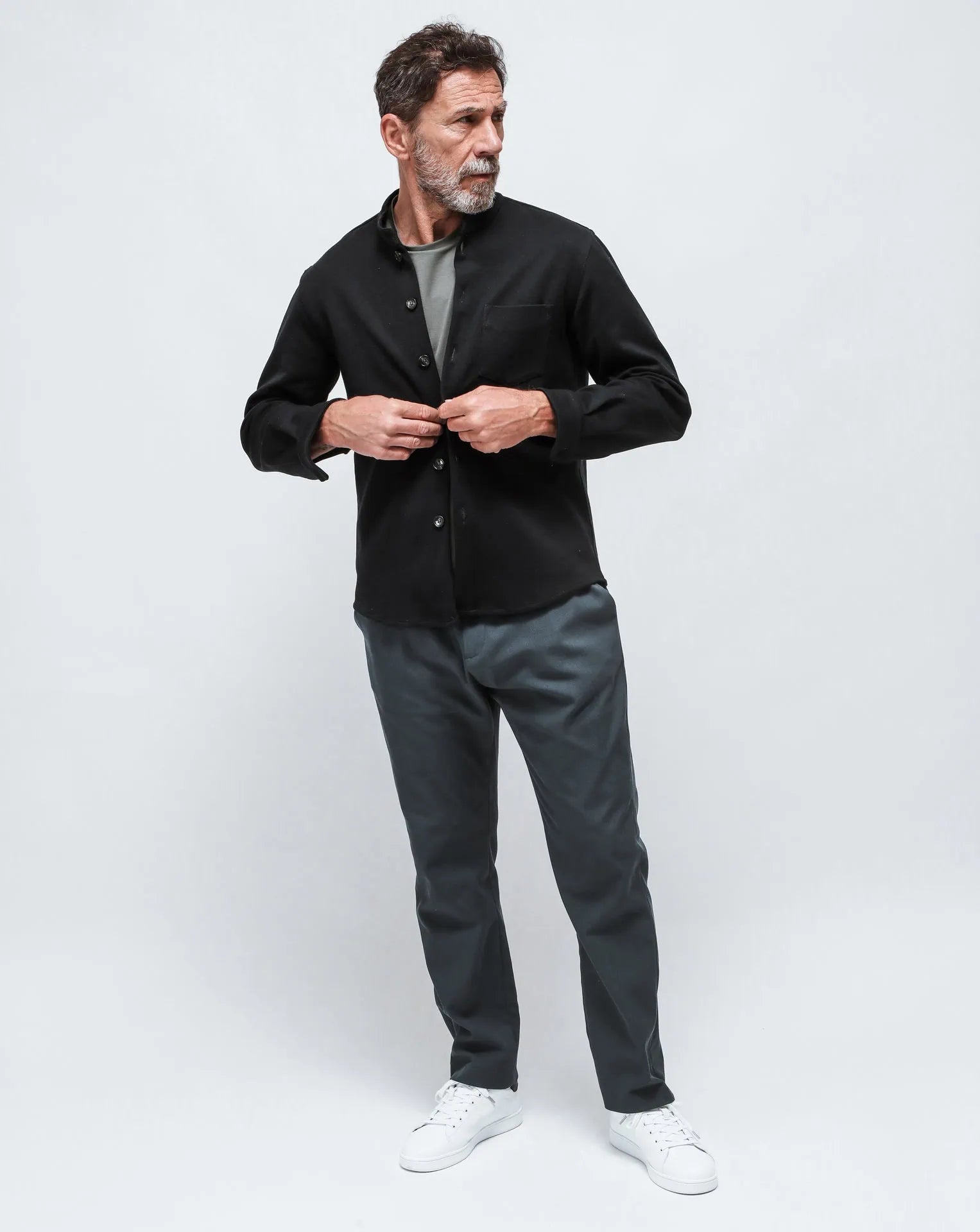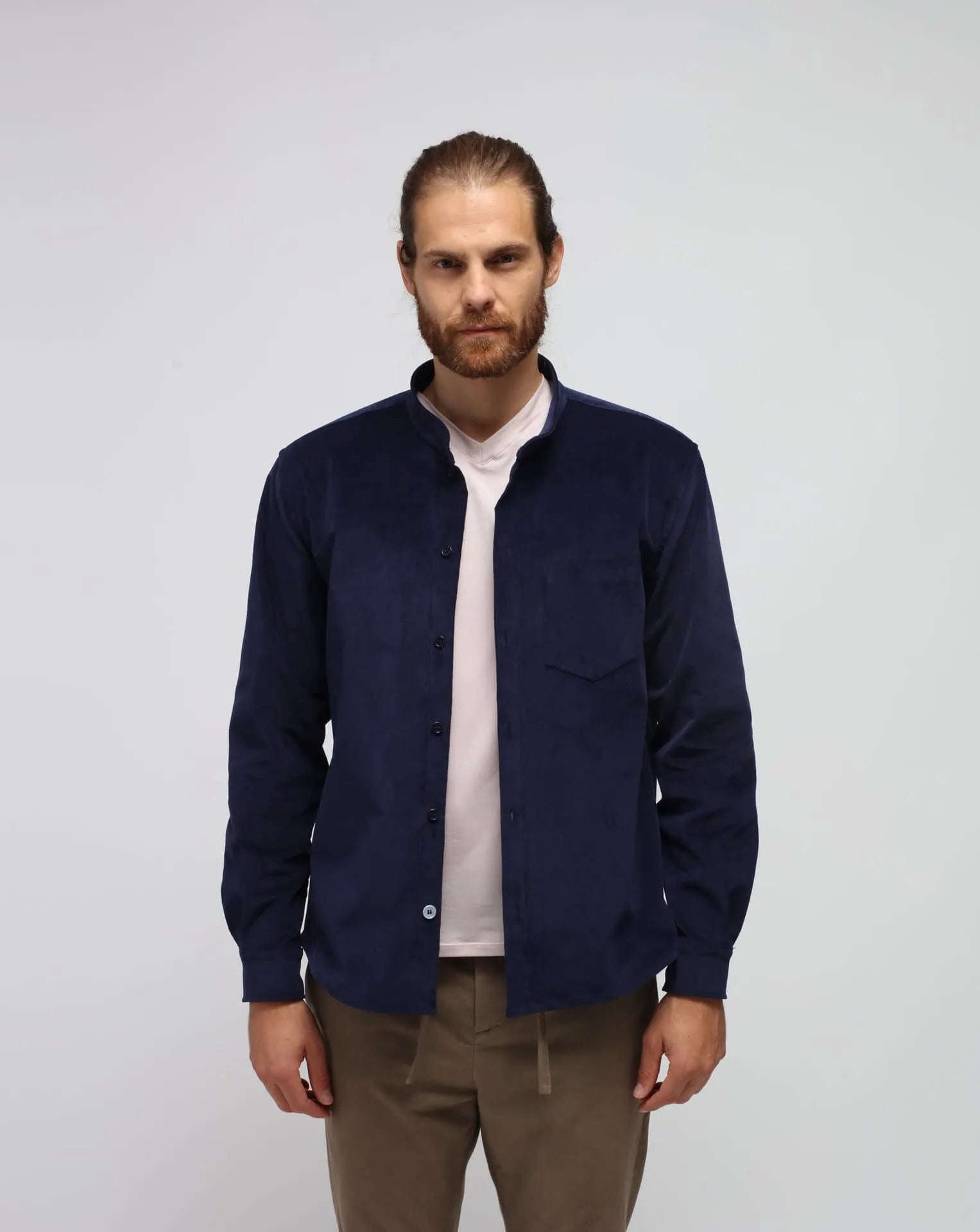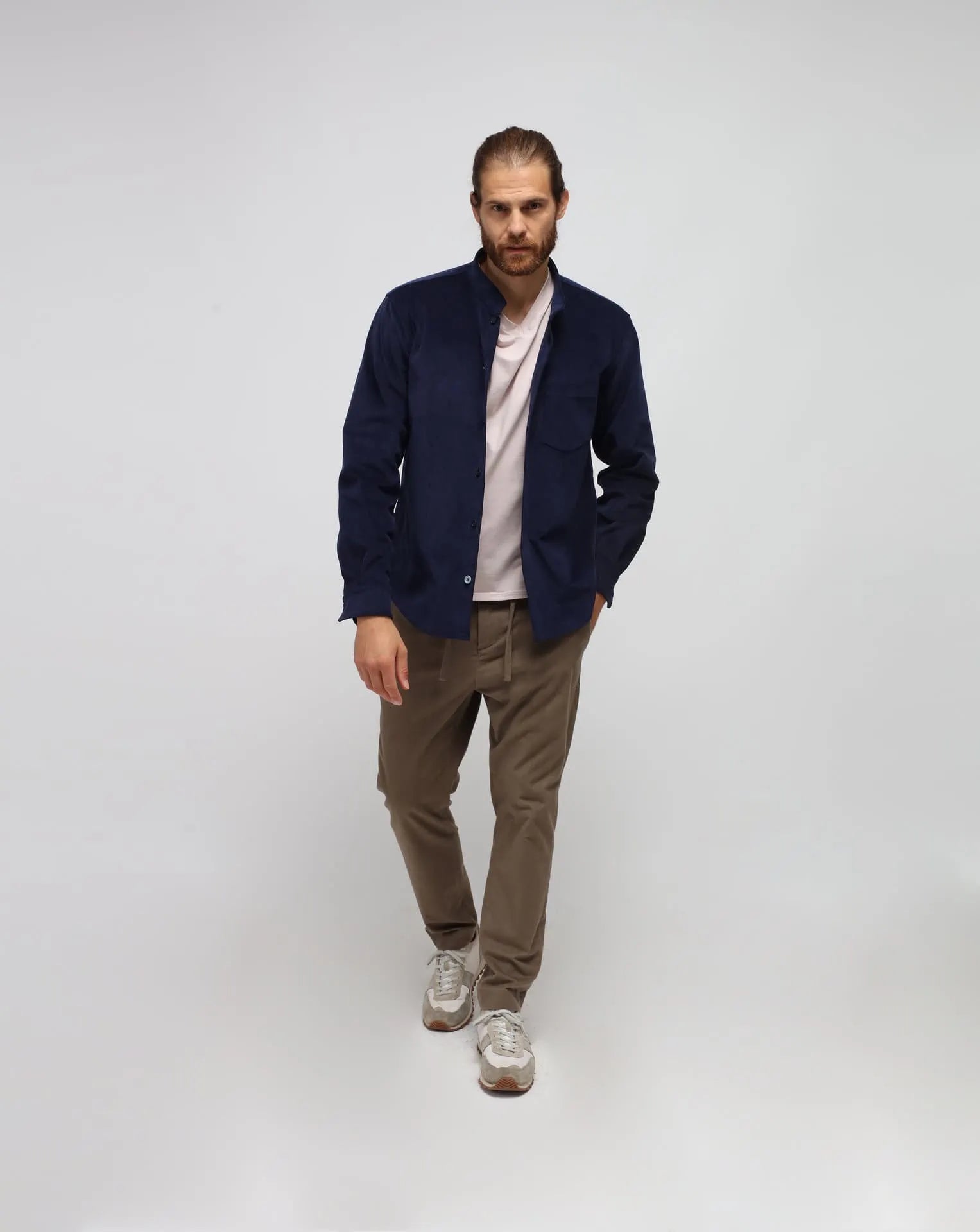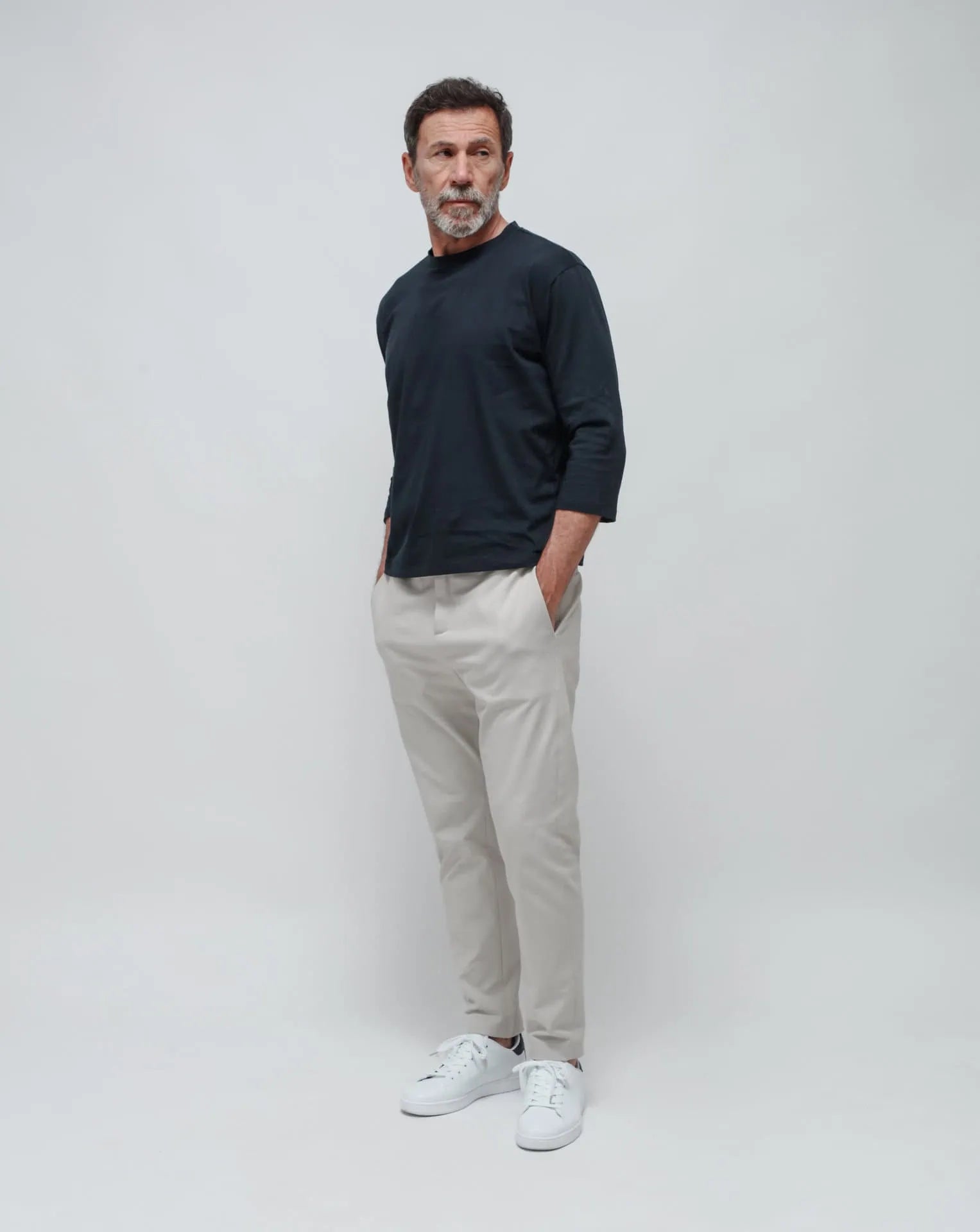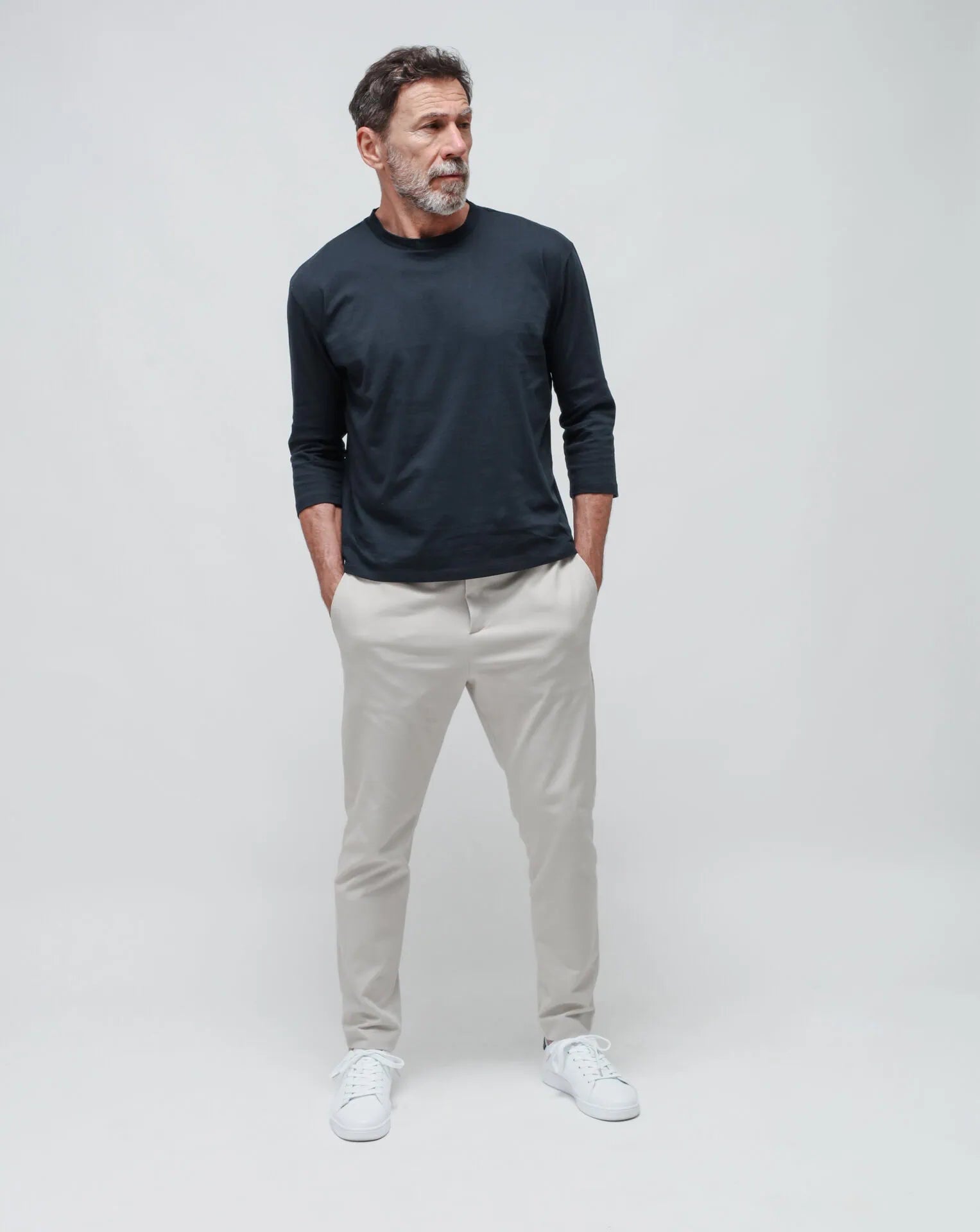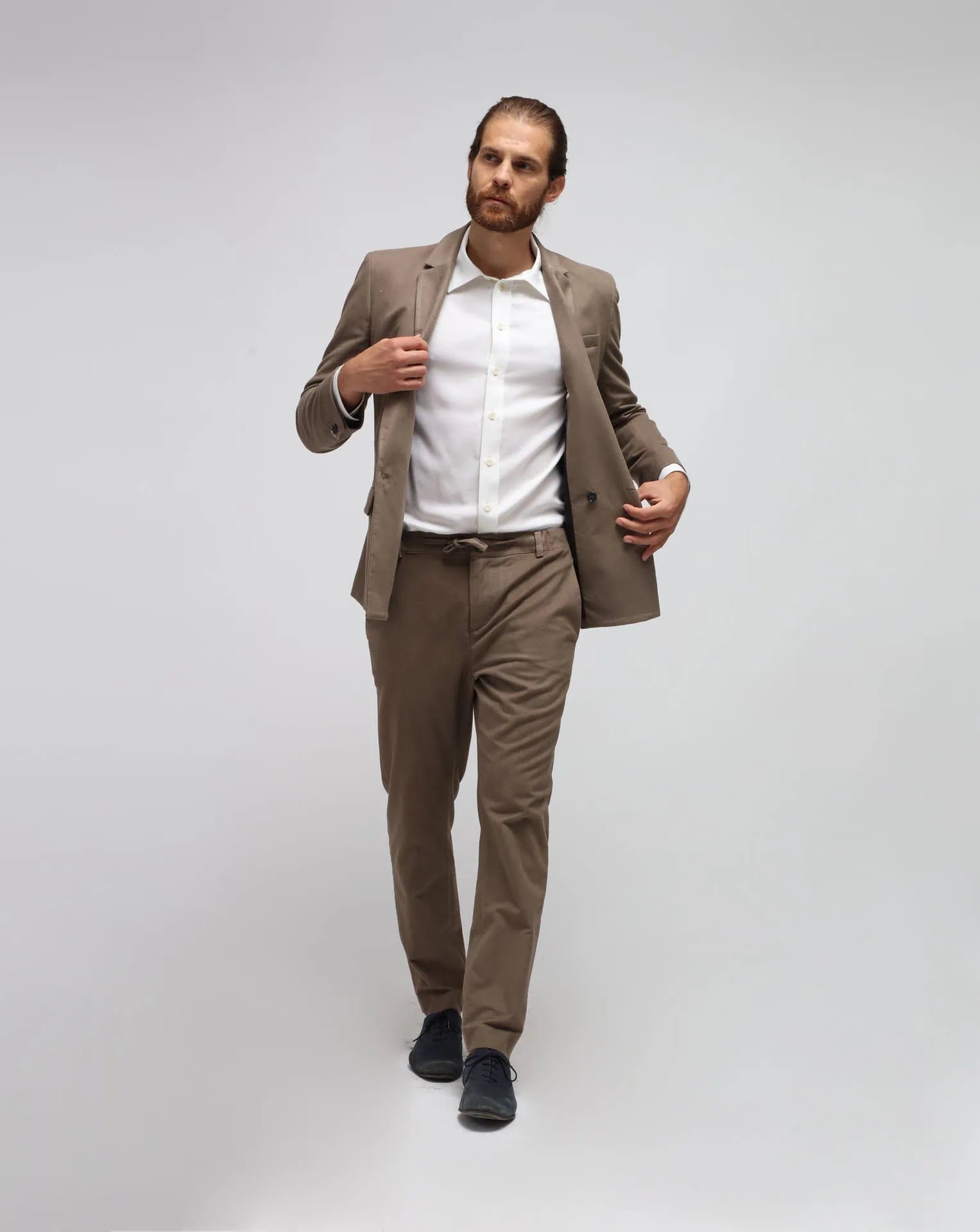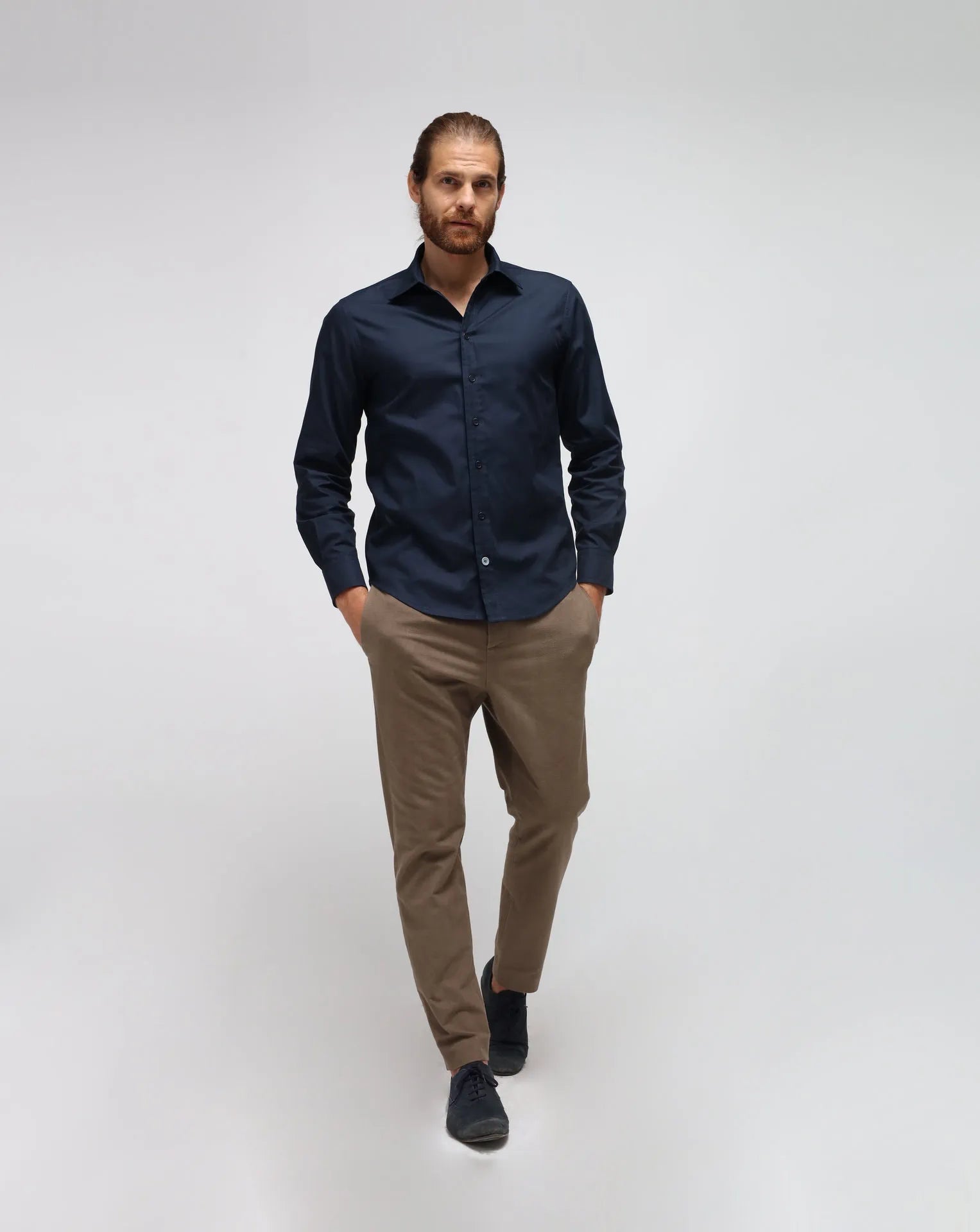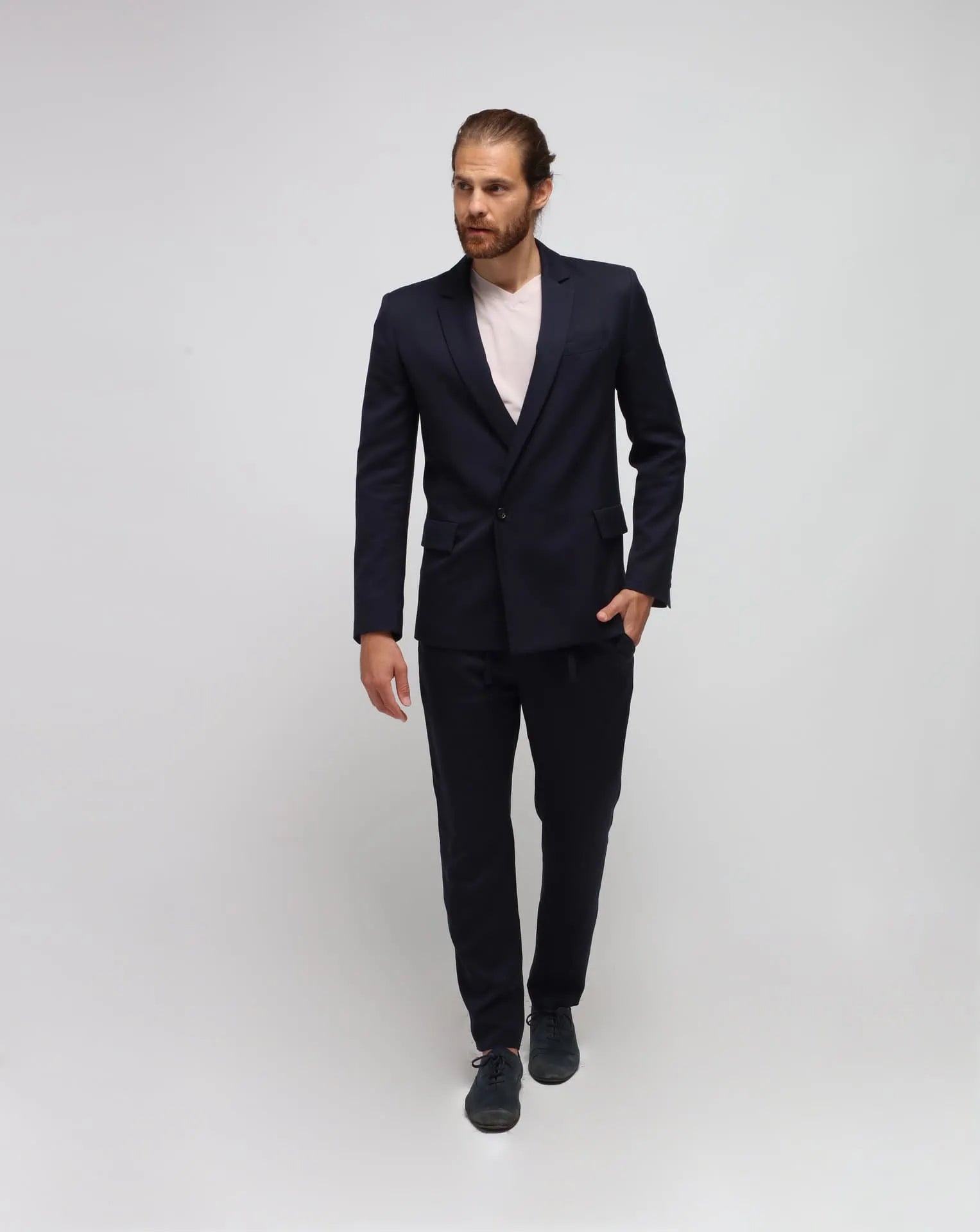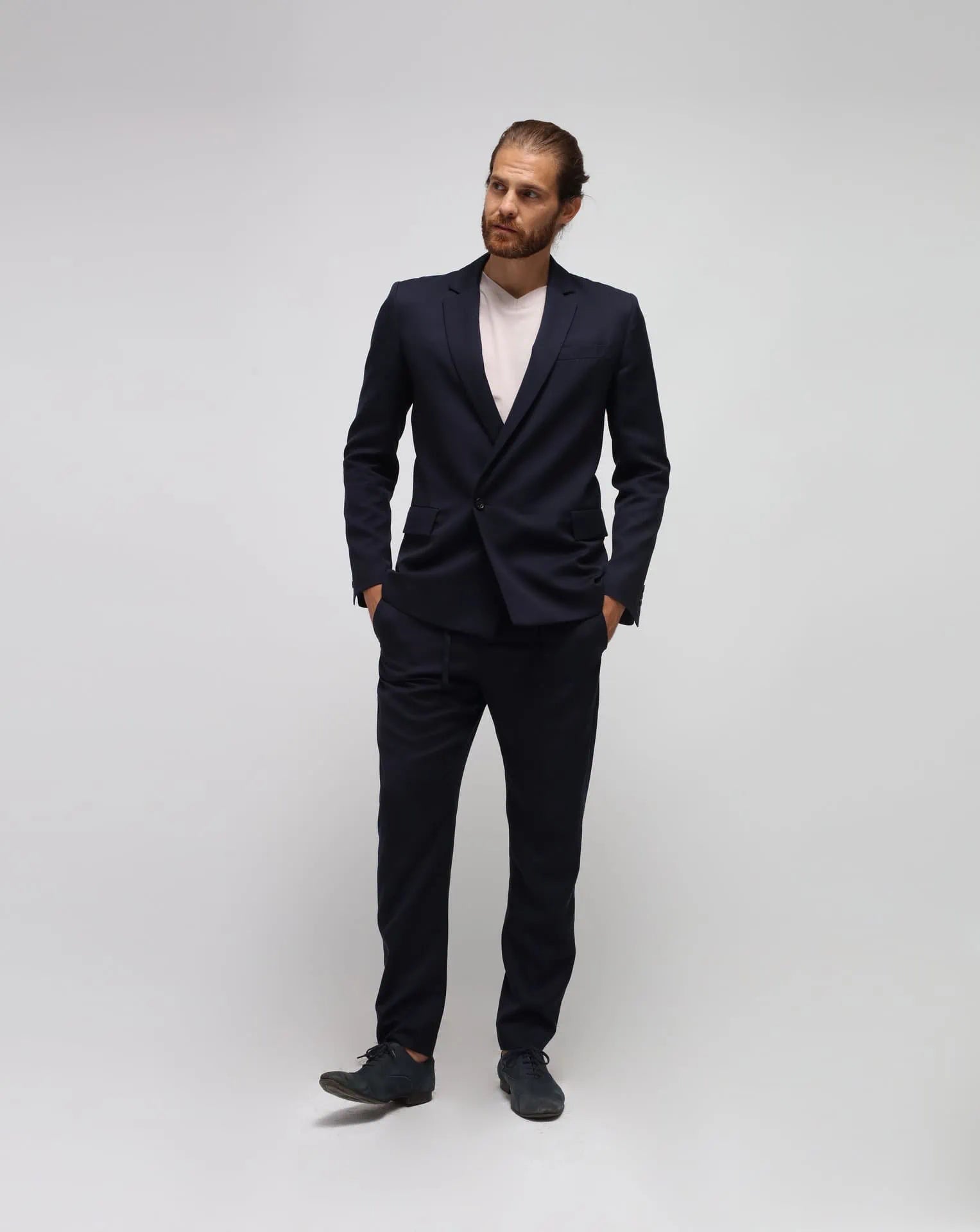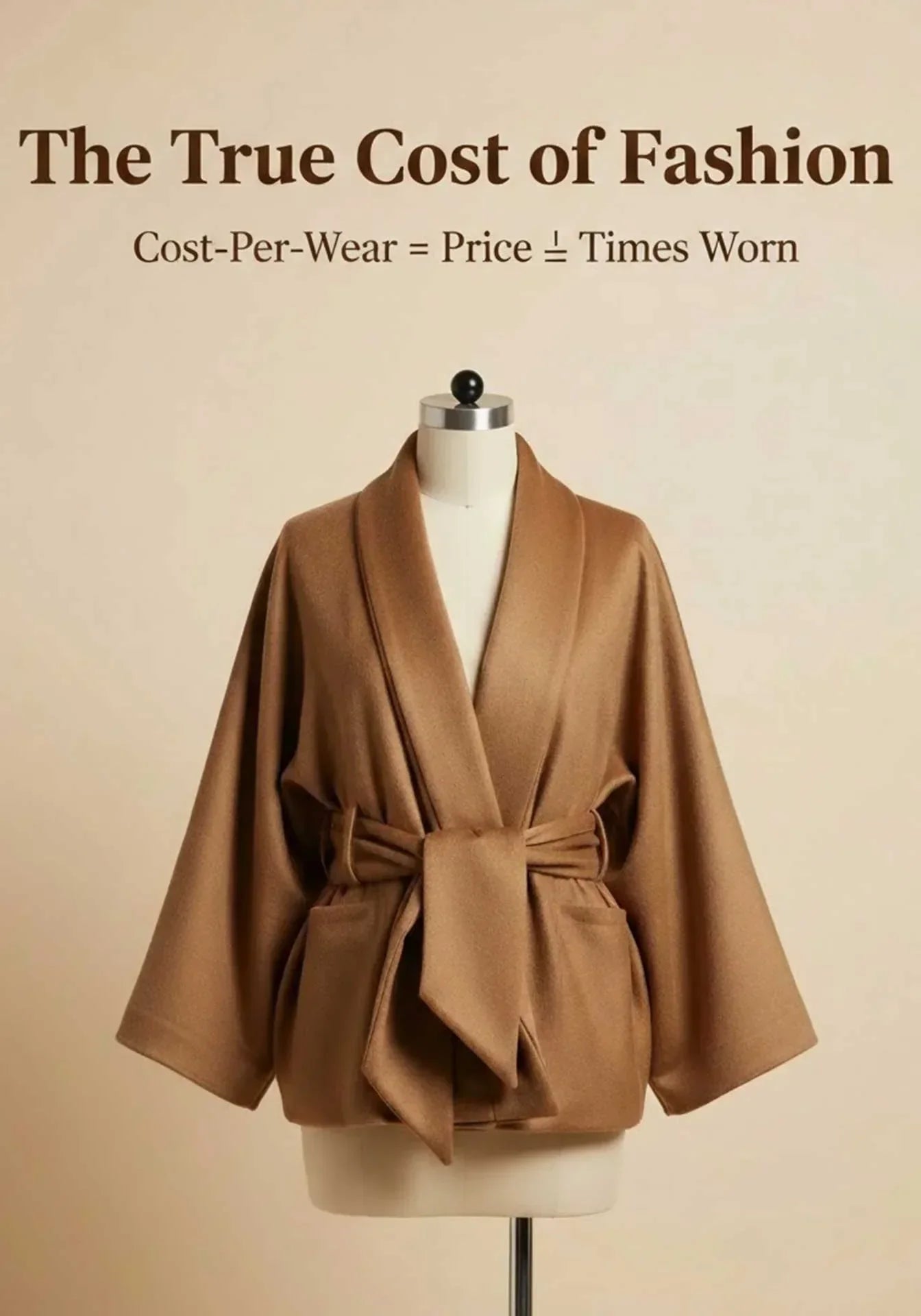
The True Cost of Fashion: How to Calculate Cost per Wear
The €20 T-Shirt That Costs More Than the €80 One
How to Calculate Cost per Wear: We've all been there. Standing in a fast fashion store, holding a €20 t-shirt, thinking it's a bargain. Meanwhile, that €80 handmade piece from a sustainable brand feels like a splurge. But what if we told you that the €20 shirt might actually cost you more in the long run?
Welcome to the concept of cost-per-wear—the metric that changes how you think about every purchase in your wardrobe.
How to Calculate Cost-Per-Wear?
Cost-per-wear is simple math with profound implications:
Cost-Per-Wear = Purchase Price ÷ Number of Times Worn
A €100 jacket worn 100 times costs you €1 per wear. A €30 shirt worn 5 times before it falls apart? That's €6 per wear. Suddenly, the "expensive" jacket is the better investment.
The Deadstock Advantage: Built to Last
At Humans & Land, every garment is crafted from 100% deadstock fabrics—premium materials originally destined for luxury fashion houses. These aren't your average textiles. They're:
-
Higher quality than mass-market fabrics
-
More durable due to superior weaving and finishing
-
Timeless in texture and appearance
-
Limited edition by nature, making each piece special
When you start with exceptional materials and combine them with Italian craftsmanship, you create garments designed to live in your wardrobe for years, not seasons.
According to the Ellen MacArthur Foundation, extending the life of clothing by just nine months reduces carbon, water, and waste footprints by 20-30%.
Real Numbers: Fast Fashion vs. Investment Pieces
The Fast Fashion Trap
Scenario: You buy a €25 polyester blouse from a fast fashion retailer.
-
Worn: 8 times before pilling, fading, or losing shape
-
Cost-per-wear: €3.13
-
Environmental impact: 2,700 liters of water, significant CO2 emissions
-
End of life: Landfill within 6 months
The H&L Investment
Scenario: You buy a €75 deadstock silk blouse from Humans & Land.
-
Worn: 75+ times over 3+ years (conservative estimate)
-
Cost-per-wear: €1.00 or less
-
Environmental impact: ZERO new water or CO2 (deadstock = 100% resource savings)
-
End of life: Still going strong, or passed on to another owner
The difference? The H&L piece costs 67% less per wear while saving the planet.
Why Deadstock Fabrics Last Longer
Superior Material Quality
Deadstock fabrics come from overproduction runs of high-end fashion houses. These materials were:
-
Woven with higher thread counts
-
Finished with premium treatments
-
Selected for luxury collections
-
Built to meet exacting standards
Handmade Construction
Every Humans & Land garment is:
-
Cut by skilled artisans in Italy
-
Sewn with reinforced seams
-
Finished with attention to detail
-
Quality-controlled by hand
This isn't assembly-line production. This is craftsmanship that lasts.
Timeless Design
We don't chase trends. Our designs are:
-
Classic silhouettes that transcend seasons
-
Versatile pieces that work across occasions
-
Minimal aesthetics that never go out of style
Calculate Your Own Cost-Per-Wear
Ready to see the real value in your wardrobe? Here's how:
Step 1: Choose a garment you ownStep 2: Note the purchase priceStep 3: Estimate how many times you've worn it (or will wear it)Step 4: Divide price by wears
Examples from Our Collection
Cashmere Blend Hoodie - €220
-
Estimated wears: 150+ (worn weekly for 3 years)
-
Cost-per-wear: €1.46
Korean-Style Shirt Jacket - €175
-
Estimated wears: 80+ (layering piece, year-round)
-
Cost-per-wear: €2.18
Bilqis Silk Dress - €455
-
Estimated wears: 50+ (special occasions, timeless elegance)
-
Cost-per-wear: €9.10
Compare these to fast fashion equivalents that might cost €30-50 but only last 5-10 wears before quality degrades.
Beyond the Numbers: The Environmental Cost-Per-Wear
Cost-per-wear isn't just about money. Every time you wear a deadstock garment instead of buying something new, you're:
-
Saving water: Up to 2,700 liters per garment
-
Reducing CO2: 100% emissions saved (no new production)
-
Preventing waste: Keeping luxury fabrics out of landfills
-
Supporting circularity: Giving existing materials new life
When you factor in environmental cost, the value of deadstock fashion becomes immeasurable.
How to Maximize Your Cost-Per-Wear
1. Buy Quality, Not Quantity
One €100 piece worn 100 times beats five €20 pieces worn 10 times each.
2. Choose Versatility
Select pieces that work across multiple outfits and occasions.
3. Care Properly
Follow care instructions. Quality garments reward proper maintenance with longevity.
4. Embrace Timeless Style
Avoid trend-driven purchases that feel dated after one season.
5. Repair, Don't Replace
A small repair extends life significantly—and drops cost-per-wear even further.
The Wardrobe Transformation
Imagine a wardrobe where:
-
Every piece is worn regularly
-
Nothing sits with tags on
-
Quality replaces quantity
-
Your clothing budget actually decreases over time
This isn't fantasy. This is the cost-per-wear mindset in action.
Start Your Journey
At Humans & Land, we believe fashion should be:
-
Transparent: You know exactly what you're paying for
-
Sustainable: Zero new resources consumed
-
Valuable: Every euro spent is an investment, not an expense
-
Beautiful: Quality and ethics never compromise style
Our democratic pricing means you're never paying more than 150% of production cost. We're not here to inflate prices—we're here to prove that sustainable fashion can be accessible, beautiful, and economically smart.
The Bottom Line
The next time you're comparing prices, ask yourself:
-
How many times will I wear this?
-
What's the real cost-per-wear?
-
What's the environmental cost?
-
Will this still be in my wardrobe next year?
When you do the math, the choice becomes clear. Invest in pieces that last. Choose deadstock. Choose quality. Choose brand like Humans & Land.
Ready to transform your wardrobe? Explore our collection of limited-edition, handmade garments crafted from premium deadstock fabrics. Every piece is designed to deliver exceptional value—wear after wear after wear.

